We asked our network of top CEOs, social entrepreneurs, and leaders in the conscious business movement this timely question:
“What do you see as the role of companies and businesses in solving social problems and advocating for policy?”
Here’s their complete answers.
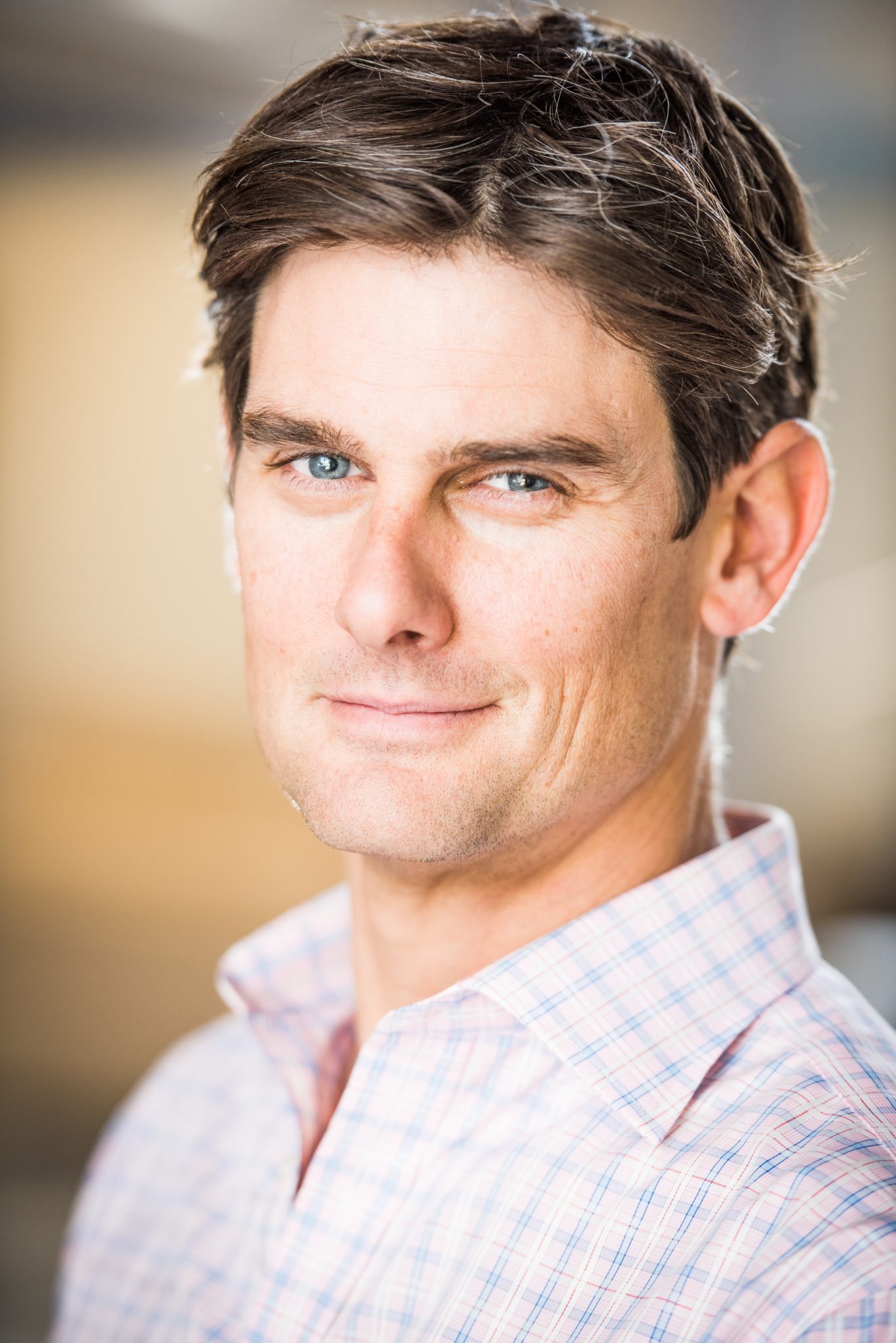
“I think that’s up to the individual business. My personal point of view is that to enter political arguments is a no-win situation right now because the political discourse is just so toxic. But I do think that there is such a thing as a civic identity, which is to say, “Listen, we believe in inclusion and that a more a diverse workforce is a more innovative workforce,” things like that. And standing up for those ideas, I think, is something that I like to do. But the political environment is so toxic that if you get into any specific policy prescription, it gets ascribed to one side or the other, and then the other boycotts it and it’s just ridiculous.
Go beat the businesses that are lining the pockets of the politicians who are doing nothing for us. When we beat them, then that entrenched special interest goes away.
I believe that business leads and politicians follow, not the other way around.”
“I think this is our greatest hope for the future. Our planet is in trouble, and the warning signs are starting to flash red. Companies need to move away from just focusing on profits to include people and planet. We simply cannot afford to externalize everything but profits. I think every CEO and every small business owner has an obligation to ALL their stakeholders, not just their shareholders, to try to make things better.
I have a very small company, but I feel like we are starting to make a difference. We are donating more money (and time) to worthy causes; speaking out on climate, social justice, business ethics, and other issues; and joining like-minded groups such as ASBC.”
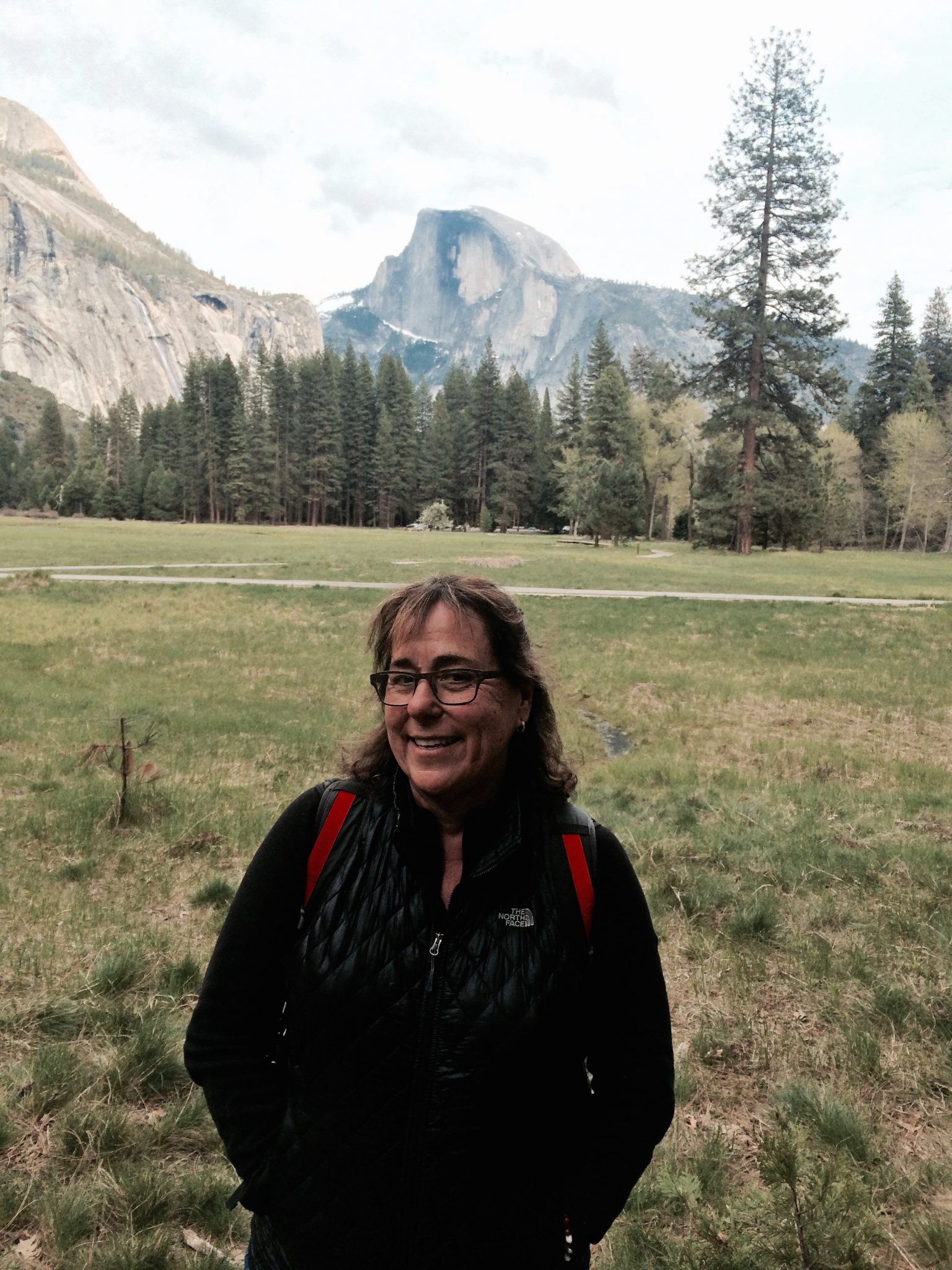
“As the world’s social and environmental challenges move increasingly to the forefront of social consciousness, companies no longer can limit themselves to traditional corporate social responsibility (CSR). The time for moving beyond basic compliance has come, and companies and businesses must advance toward solving social and environmental problems and advocating for policy change.
The North Face is no novice when it comes to advocacy — we’ve been doing it for more than 50 years. In 1975, we inaugurated the Ice-9 Award, an ironic ‘prize’ for the entity that contributed most to the ecological destruction of the earth. The first recipient: the Atomic Energy Commission. In 1989, The North Face cofounded the Outdoor Industry Conservation Alliance, and this year we increased our annual commitment to bring about added support and advocacy to protect the outdoors.
Here at The North Face, we’ve always been active in protecting our planet’s outdoor playgrounds, which today are under siege by rampant deforestation, privatization and climate change, among other threats. Additionally, we have worked to empower women across the globe through the inspirational actions of our esteemed female athletes. While taking a stand might mean you can’t please everyone, The North Face stands firmly grounded in its core values – the same ones Doug Tompkins poured into the first years of the business when he set up shop in 1966 in San Francisco. These have been the bedrock of our culture throughout the decades.
Late last year, The North Face participated in the #WeAreTheArctic campaign, a movement of diverse voices that came together around the unprecedented opportunity to protect the Arctic National Wildlife Refuge from oil interests. Kit DesLauriers — a two-time women’s world freeskiing champion, the first person to ski down the Seven Summits, and longtime The North Face athlete — penned a powerful Op-Ed urging Americans to sign the petition to protect one of our country’s last remaining pristine places. While we haven’t yet received the designation we’re hoping for, we know this collective effort across the industry catalyzed important conversations and awareness that will someday create the changes we’re fighting for. This year, we worked with the Outdoor Industry Association and industry partners call on the new administration and Congress to support preserving public lands such as Bears Ears for future generations to explore, play and connect with nature.
Just as we protect public lands for all to enjoy, we also are committed to helping protect the planet from the negative impacts of climate change. We constantly work to reduce our carbon footprint, improve our supply chain, and design product with sustainability in mind. We also work with partners, such as BICEP and Protect Our Winters, to engage policymakers and educate consumers on climate change issues to equip them with the knowledge they need to take action. We also have joined with a thousand other companies and investors to sign the Business Backs Low-Carbon USA statement, which reaffirms our deep commitment to addressing climate change through the implementation of the historic Paris Climate Agreement. For us, acting on climate is more than ‘doing the right thing’ – it is our brand heritage of preserving the planet for future generations to enjoy.
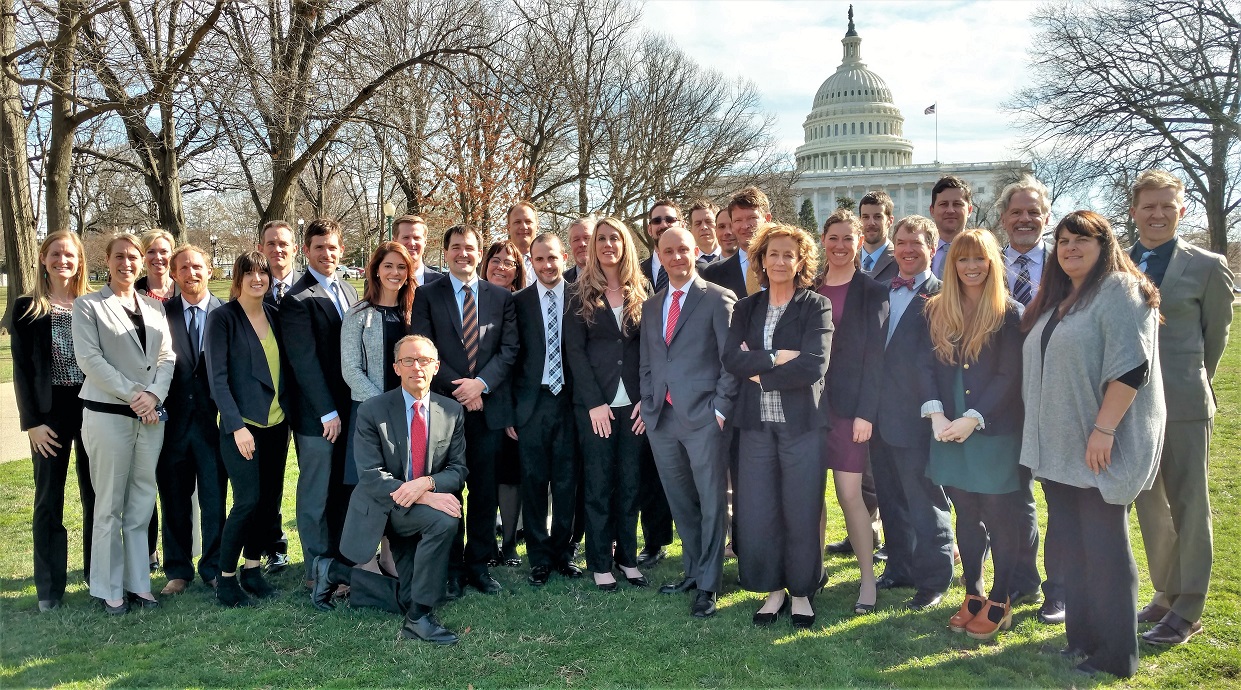
The North Face may appear to some as a company that simply makes world-class apparel and gear, but we are more. We see ourselves as part of a global movement that celebrates, encourages and enables exploration that can transform the soul by connecting with our natural world.
To ensure we continue to have places to explore, we believe it is our fundamental responsibility to preserve the outdoors. From investing in conservation to making our products and processes more sustainable, we are committed to the highest level of environmental and social duty.
We don’t lose sleep over a few people who may disagree with our advocacy efforts. What keeps us up at night are rapidly proliferating social and environmental problems, and the very real possibility that our planet’s outdoor playgrounds might not be around for the next generation to enjoy. That’s why we will continue to act as we have since the first day we set up shop — fighting for what’s right and empowering others to do the same.
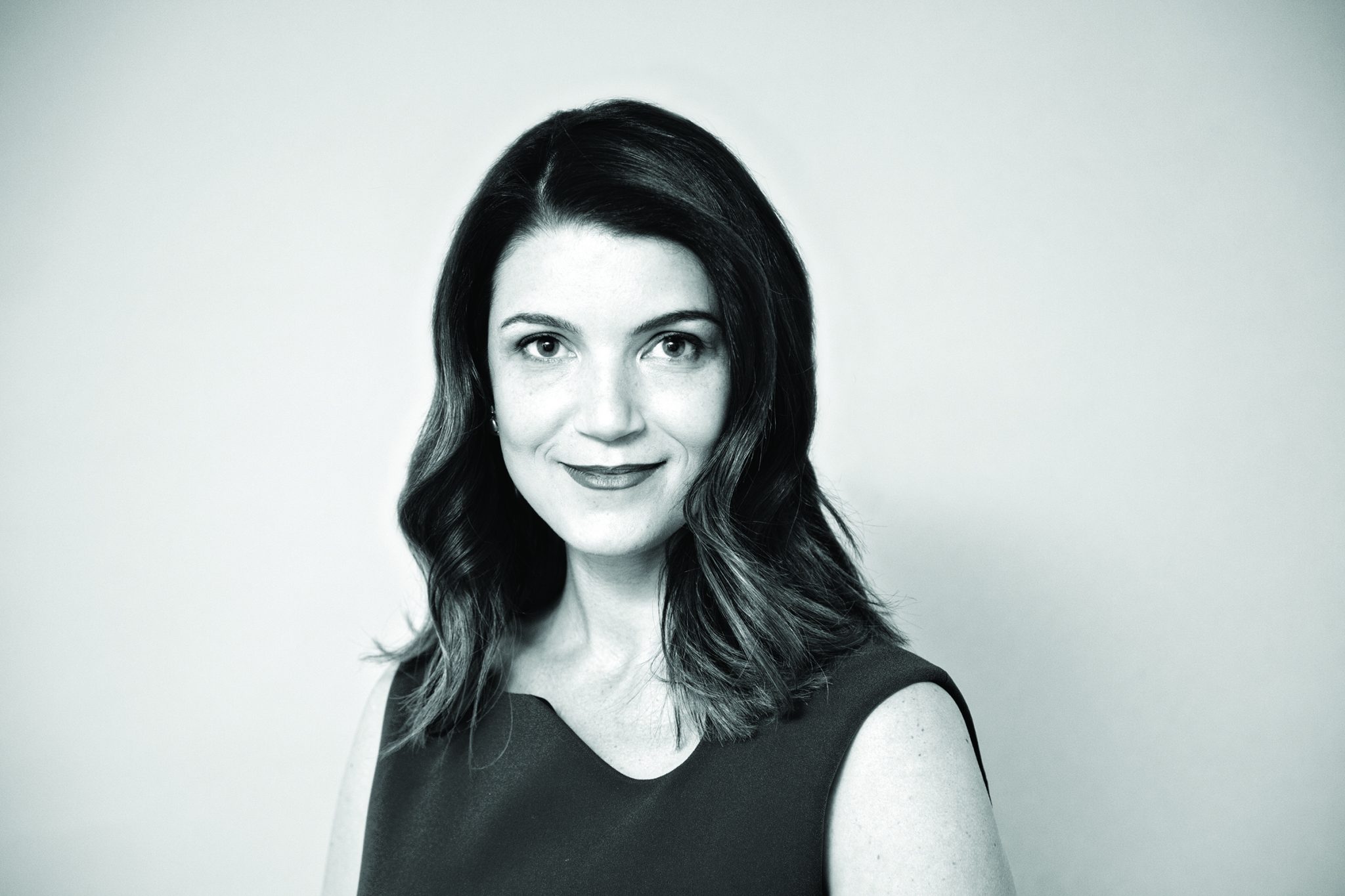
“When many people start their careers, they believe they can either make money or make a difference. I’ve been there myself — after graduating from undergrad and starting my career at McKinsey & Co., the world seemed very black and white. But after graduating from Harvard Business School and focusing on social enterprise and philanthropy consulting, I realized that the wall between private business and social activism has all but come down. In recent years we’ve seen the emergence of a new type of for-profit business model in which products do more than provide a service or fulfill a common need — they provide a public good.
It’s no surprise that purpose-driven companies with clearly defined social missions are outperforming their counterparts — these companies also tend to be more conscious about racial and gender diversity, workplace flexibility, and other cultural initiatives that are linked to economic growth and profitability. Companies without social identities will most likely be left behind or forced to adapt. Today’s job-seekers want to work for brands that stand for something, and today’s consumers can be selective about the products and services they put their money behind. Millennials are hesitant to trust traditional marketing and are keen to know when a brand is or isn’t being authentic. Thanks to the power of social media, they also know immediately when companies fail to ‘do the right thing,’ and as a result those companies face very real, sometimes fatal, reputational and financial consequences.
With so much at stake in today’s world, from the threat of climate change to the challenges facing immigrants and people of color, social awareness isn’t just good for business, it’s a moral imperative.
CEOs have the unique opportunity to use their platform to encourage dialogue, foster a sense of community, and become thoughts-leaders in their areas of expertise. They have the ability to decide whether to source sustainable materials or partner with charitable organizations. They can foster environments that embrace diversity and prioritize the advancement of women and people of color. They can help create a new era in which job seekers no longer have to choose between making money and making a difference — they can do both, and that’s a win for everyone. ”
“Since our founding in 2006, we have been committed to the practice and advocacy of responsible, sustainable business; nearly all of our products are FSC® (Forsesty Stewardship Council) Certified, and we are perform among the top percentage of Certified B Corps, earning the honor of being named ‘Best for the World’ each year that we’ve been certified. Rigorous, voluntary, third party standards like B Corp and FSC® Certifications help set higher standard for those engaging in sustainable business and create healthy competition in the marketplace for goods with environmental and social preferences. In addition to the improved environmental and social impacts these types of businesses achieve, there is compelling evidence showing they perform better in the marketplace and attract more talent.
Unfortunately, these facts are often overlooked and in some cases sometimes face fierce opposition from those who have been benefitting from a system whose values are grossly misaligned with the needs of our planet’s vulnerable systems and resources, including self-sabotaging political environments, not to mention the lack of voice, or even active disinformation to those most greatly impacted. This leaves our environment, our workforce, and our communities at risk for a host of liabilities.
While voluntary standards like B Corp and FSC are an important ways to hold ourselves accountable, as well as opportunities to draw inspiration and innovation from others in those communities, our impact is limited if these practices are not adopted widely. This is the role of government and policy.
For better or for worse, the voice of business has great sway in our political environment. We’d like to make sure that our impact as a business is one that benefits all, not just a few. The fact that perspectives like ours are in the minority make our role as advocates for responsible policy even more important.
That’s why we are active members of the American Sustainable Business Council (ASBC). ASBC is a nonprofit organization that ‘offers programs that educate and inform the public and policy makers about the benefits of a more sustainable economy, and about policies and practices that can help the economy become more sustainable.’ Through our membership with the ASBC, we work with a host of other companies making the case to our law makers that accruing profit should not come at the expense of the systems from which we draw; to ignore the risks we place on each through irresponsible or outdated policy is to deny a sustainable future for everyone — including businesses.”
“Handsome Brook Farm was founded with the core principle to provide customers with eggs that are produced with a commitment to animal welfare and to supporting the continuation of small family farms.
Along with that mission comes a commitment to not only treating animals in a humane way, but also to acknowledging our responsibility to help fight hunger in the world. That means extending our mission to human welfare as well as animal welfare. You see that in our ongoing partnership with Feeding America and City Harvest through the contribution thousands of dozens of eggs each year.
![]()
Handsome Brook Farms volunteers
In my opinion, every corporation has both the responsibility and opportunity to make a difference in its local community at a minimum, and to project that voice and influence social policy in areas in which it has interests and expertise.
As business owners, we do not operate in a vacuum. We benefit from our interaction with everyone in the supply chain. If we are blessed enough to prosper, we have a moral obligation to reach out beyond ourselves and our corporate interests to serve humanity.
Someone once asked me if I thought a business had a soul. Ours certainly does, and we try to demonstrate it by serving and engaging beyond our bottom line. We encourage other businesses to join us in seeking those kinds of opportunities so that we not only make a profit, but we make the world a better place to live. When a business seeks opportunities where it can serve and engage, stakeholders will quickly find the answer to that question for themselves.”
“Qualcomm Wireless Reach is a strategic corporate social responsibility initiative that brings Qualcomm technology to underserved communities globally. Our technologies at Qualcomm can help local organizations across the world build capacity and have a real social impact on their communities. That’s enormously satisfying to me, my team, and all of Qualcomm’s employees.It also helps us build a policy infrastructure that protects and enables innovation and enhances access to beneficial ideas, goods, and services by a greater proportion of humanity.
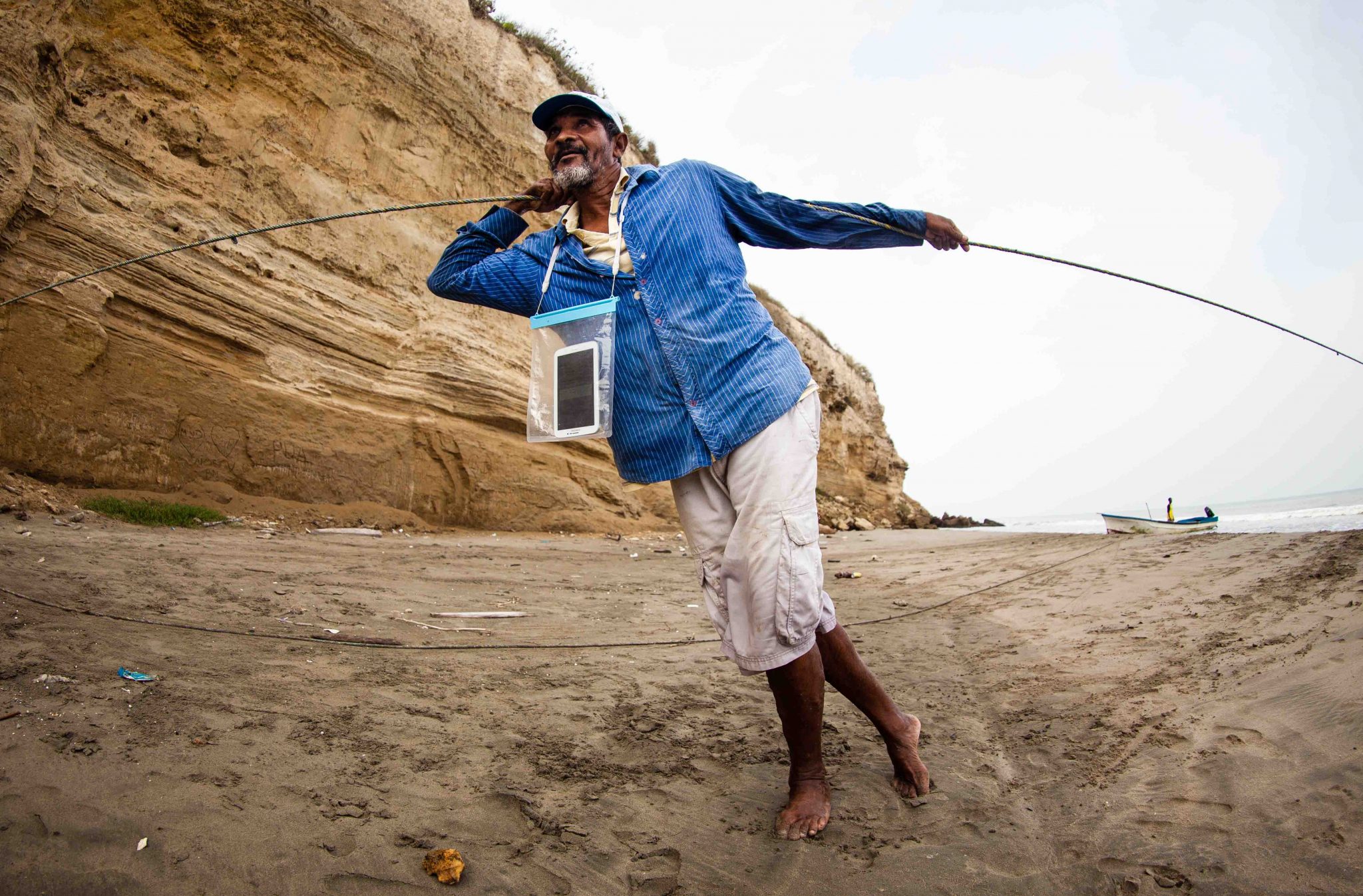
Fisherman in Colombia who uses his Qualcomm tablet to access market information.
As a company, we believe it’s important to be a good corporate citizen and that it is possible to work towards a triple bottom line. Wireless Reach programs demonstrate innovative uses of Qualcomm technology for social good. The government affairs and business development teams are then able to use these practical examples in their efforts to showcase the benefits of our technology and increased access to mobile broadband, which, indirectly contributes to our overall business goals. While there is certainly a business case for corporate citizenship, I believe it’s also a moral responsibility and we’re very proud of the work we’ve accomplished with Wireless Reach thus far.”
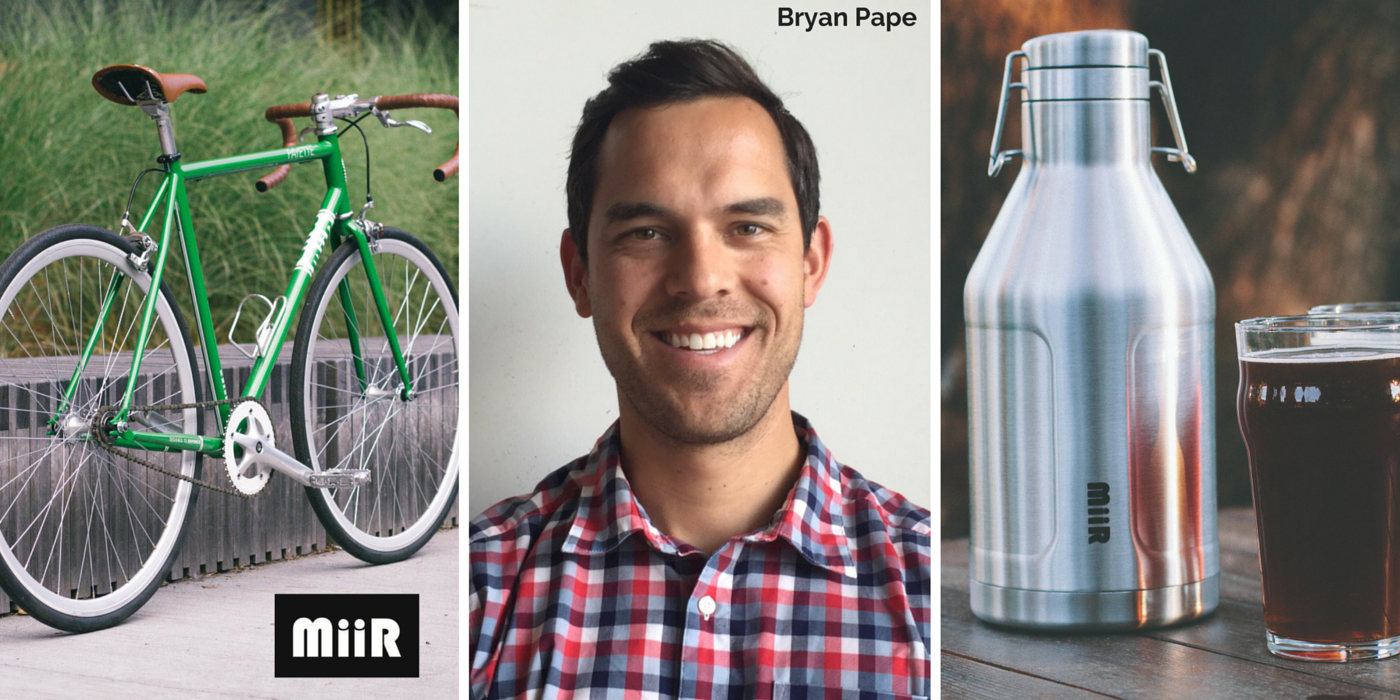
It’s important now more than ever for businesses to stand up for the change they want to see in the world. No longer can a business stand on the sidelines and hope elected officials create change. Hope is not enough for change, action must happen.
“At MilkCrate, our values-driven culture means that we are driven to use and embrace our power as a business to do good by the world. As a startup, we’re still discovering new ways to make this a reality — and we’re inspired by the hundreds of businesses in our city of Philadelphia and across the world that are doing the very same thing. And in the current political climate, where we see almost daily threats to the environment and social safeguards, our work becomes imperative.
Corporations help set societal tones and ways of life.
What we consume, what brands we represent, who we employee and let employ us, all defines us as collective citizens. This power is no longer simply defined by profits. Corporations have a responsibility and the ability to look beyond the bottom line to enrich our communities, give back and to celebrate diversity by employing often underrepresented populations.”
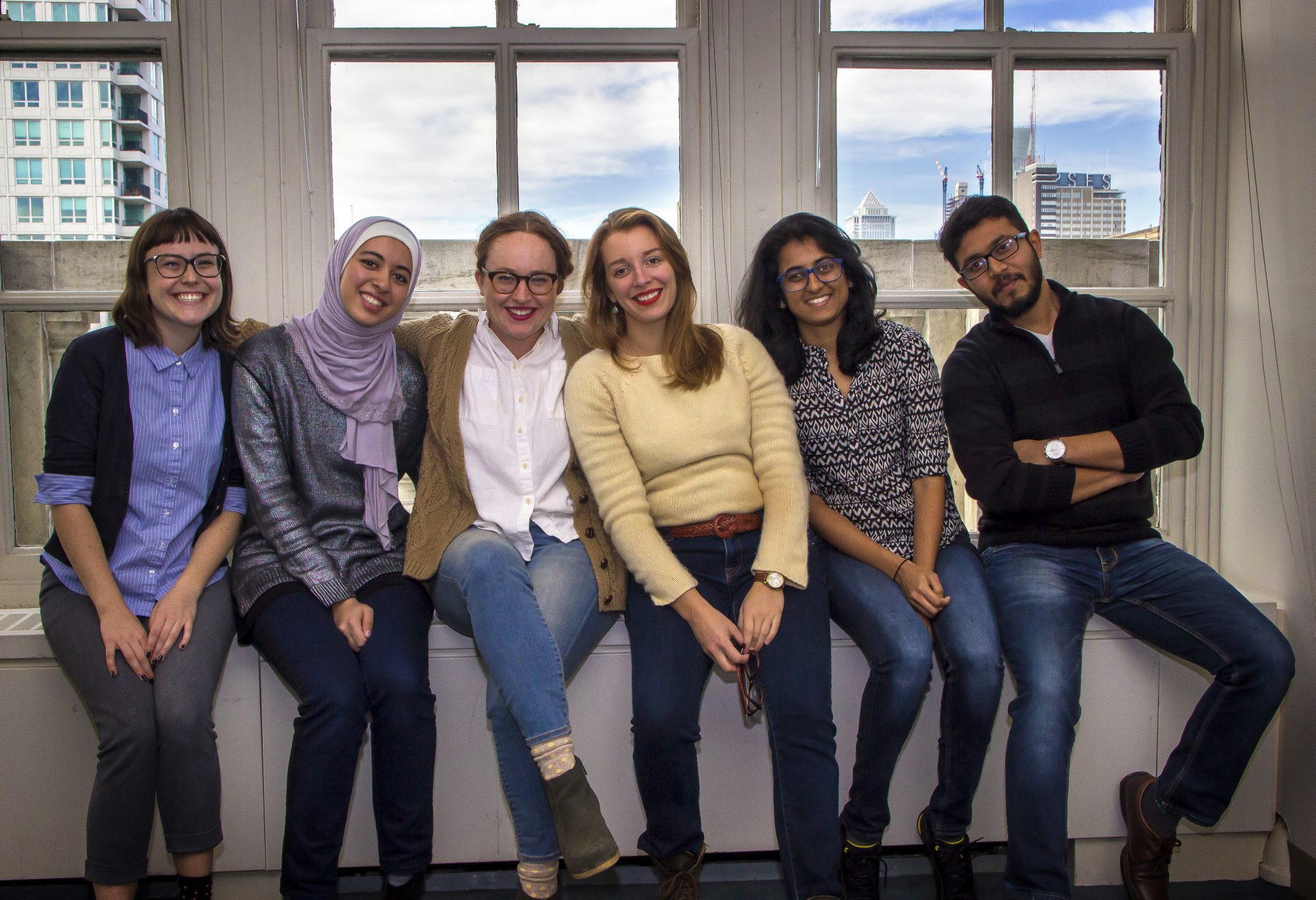
At MilkCrate, a B Corp certified business headquartered in Philadelphia, diversity in the workforce is celebrated and demanded. Photo by Pete Dilorenzo
“I grew up in a small town and my parents were entrepreneurs, so I have a lifelong commitment to running businesses in ways that are good for the people we work with and the communities we work in. The so-called double and triple bottom line — if a business doesn’t do those things, it shouldn’t be in business.
We are in a very challenging moment, where our government leaders are pulling out the safety net for the majority of people, creating chaos, stress and danger for individuals, communities and the planet.
It’s incumbent upon business and community leaders to be courageous, to be visible, to take stands that are inclusive and visionary, and to resist policies that are destructive to the common good.
The political environment is toxic and many people experience trauma or PTSD from the anger, hate, and chaos that currently emanates from the White House. Under these circumstances, it’s vitally important that we ensure our work places are places where people feel safe, where their strengths are nurtured and their shortcomings forgiven in a fundamental ‘you are ok’ sort of familial way. These are bedrock principles of Story2; we hold one another accountable for this; and I can honestly say that it’s simple and clear, but not easy to live by principles that are equally good and right for all people. We need to work these muscles all the time, and be honest when we fall short as individuals and companies. Companies that live by shared principles thrive and generate value.”
“The role of companies and businesses in solving social problems and advocating for policy is pretty clear to me. Their role will be to the extent the problem calls them to action…and that call to action will be a reflection of the company’s vision, values, and beliefs.
It’s not what you say, it’s what you do that truly speaks to what you stand for or what your highest values are.
Therefore, the company decides their role when they see something that is a match for their values and they feel they simply must do something.
So, their role in these social causes becomes more of a reflection of their courage and conviction to take action and make a public statement regardless of the repercussion of their stance financially. When companies take a stand based on their values and are willing to take a chance of a financial hit due to their cause, it speaks VOLUMES in our society where capitalism has ruled.
When I see high-profile companies take a stand, it inspires me. It is like a bright light that speaks to every person who wants to build and grow a conscious and caring business in this world.
When businesses that have the resources to fight for change and take a stand it inspires small nonprofits, like us, who have a cause we believe in fiercely but do not have the visibility or the means to impact change on a larger stage.”
“The economy is America’s monomaniacal focus. It cuts across political lines, uniting Democrats and Republicans alike as elected officials around the country work diligently to provide sustainable jobs to their constituents.
Outdoor recreation is one of the central drivers of the American economy, thus the companies and business in the outdoor industry have great leverage. Though the Outdoor Rec Act passed with bipartisan support, this powerful argument, of outdoor rec on public lands as an economic engine, is greatly underleveraged in modern conservation. Public lands play a fundamental role in a sustainable outdoor recreation economy. The quality of life they permit attracts not only recreationists, but also tourists, baby boomers retiring to greener pastures, and entrepreneurs, who in turn create economic diversity in communities adjacent to public lands.
We think it’s entirely appropriate for businesses to use their financial capital to build living and cultural capital within the world —in our case, we’re hoping to leverage outdoor recreation business support for public lands protection.”
“This is a question about WHY we exist as a company, given that a mission-driven company’s primary focus should be of leadership and action towards positive social impact.
At Honest, it’s our core purpose and ultimate intention to empower people — through education and solutions — so they can live their healthiest, happiest life.
By creating trusted products, giving and being in service, we are working to prevent harm and minimize toxins in people’s lives.
And translating that work to advocacy and legislative and regulatory reform is equally important, as business is traditionally more nimble and progressive in this arena.
It’s essential for any new business to ask themselves how can they can leave their mark on humanity and the planet — for good, for better and for a hopeful tomorrow.”
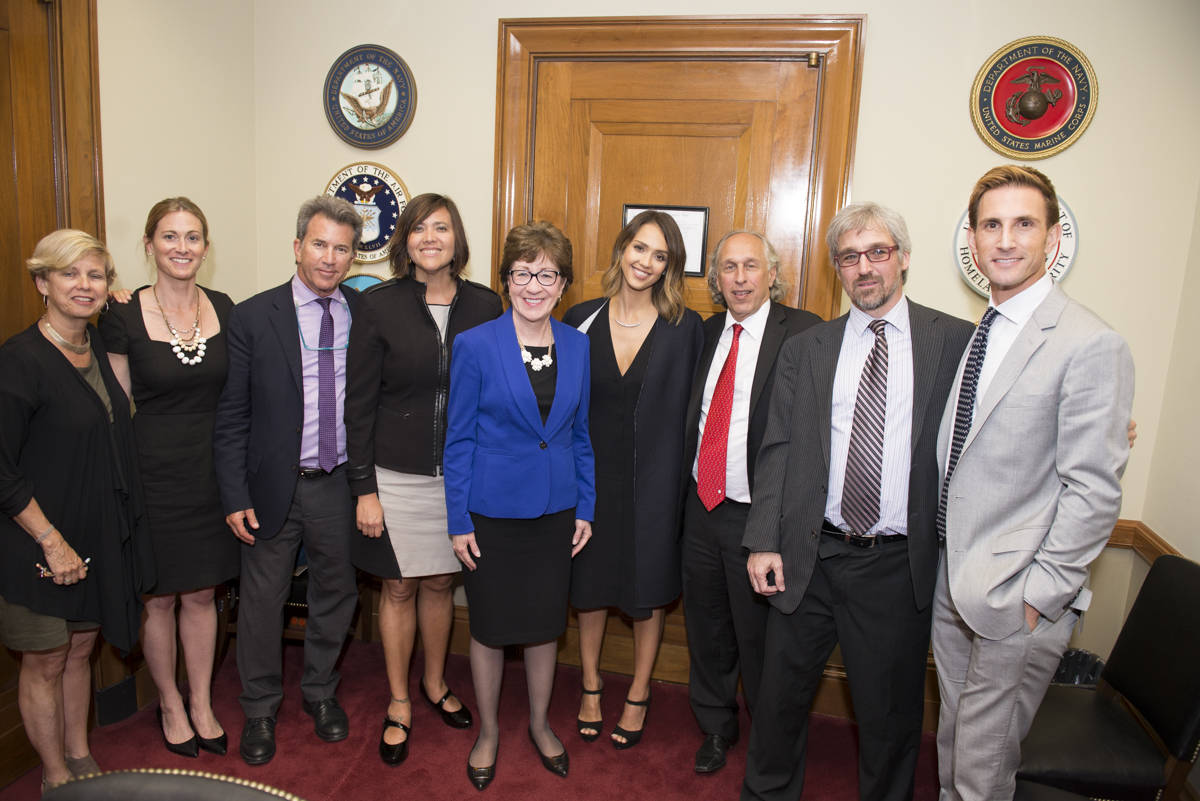
Jessica Alba visits Senator Susan Collins, R-ME, Honest Company and ASBC visit Capitol Hill, Washington, DC, June 2015
“We built our company, WorthWild, with the understanding that businesses have the power to foster great social change. We don’t take this responsibility lightly (and yes, we do see it as a responsibility). While a business’s success is often measured by its profits or growing customer base, we believe that an additional measure of success is the good that a company brings to the world.
Companies are in a unique position to advocate for social change. We have public platforms and vast resources that we can use to engage our customers and employees in campaigns for social or policy change in a way that individuals just can’t. However, there are far more companies which do not take the social good into consideration at all. For that reason alone, the businesses that understand the value of helping to build a better world have a responsibility to counteract the damage that has been done by those which engage in profit-making with no regard for the social, economic, and environmental impact they may be making.
With public consciousness on social activism rising, businesses that leverage their resources to raise awareness for social issues have the added benefit of building brand recognition, strengthening customer loyalty, boosting employee morale, and increasing sales. Companies that take care of the consumer are, by extension, building a stronger business. As a bonus, employees can sleep soundly at night, knowing they’re part of something bigger than themselves.
Our company, WorthWild, was built specifically to empower organizations and individuals to create solutions to some of the planet’s most challenging environmental issues. It’s a fee-free crowdfunding platform for environmental initiatives through which we raise and provide the resources organizations need to create and support local and worldwide sustainability efforts. We’re magnifying our own impact by providing the tools for environmentally active organizations to spread their messages and raise money for worthy endeavors.
Government funding for environmental agencies and support of environmental regulations is far from a guarantee in our current administration. As such, businesses have an opportunity to reevaluate our organizations and come up with ways to hold each other and ourselves accountable.
We believe the time is now to pick up the slack and make progress where the government may not.
Our platform is designed to make financially supporting eco-missions easier, while helping organizations engage their supporters and start conversations around environmental issues. As a certified B Corp, WorthWild is proud to be a part of a global network of businesses and nonprofits setting the new corporate standard for social and environmental performance. As a leader in the sustainability movement, we provide the fundraising and marketing tools, education and technology to initiate conversations and raise funds needed to create meaningful and effective environmental change.
At WorthWild, we are committed to making a difference by telling stories, rallying support, and collaborating with our neighbors, local businesses, and friends. Now is a better time than ever to roll up our sleeves and take matters into our own hands.”
“As a small business owner, BioStar and I believe that companies and businesses play an integral role in solving social problems and advocating for policy. We value the tenets that we can be the change we want to see in the world and that is much easier to do when you have a group of thoughtful, committed citizens. Just as BioStar’s focus on ingredients in our formulas is of utmost importance, so is our dedication to give back by supporting larger sustainability efforts. Each quarter, a charity is chosen and a percentage of their product sales goes directly to them. Charities range from horse and dog rescues, to environmental organizations to sustainable agriculture organizations. Each are given the spotlight in newsletters, highlights on the website and features in social media posts along with their donation. From there, BioStar builds on these ideals of philanthropy to join forces with the American Sustainable Business Council. This organization promotes sustainable and vibrant economics, as well as working towards better environmental policies in the government and in the media.
BioStar stands up for its values and doesn’t shy away from tough issues. We have taken a stance on GMO labeling, saving the pollinators, bio-diversity, no-till farming, the reduction of chemical fertilizers, pesticide and herbicide reduction, the importance of the soil micro-biome, and reducing the carbon footprint. We also support Standing Rock and its battle against the Keystone pipeline by providing horse and human supplies. I have found worth in creating an environment where employees can feel safe by joining the We Respect All campaign and encouraging participation in International Women’s Day and the Women’s March on Washington.
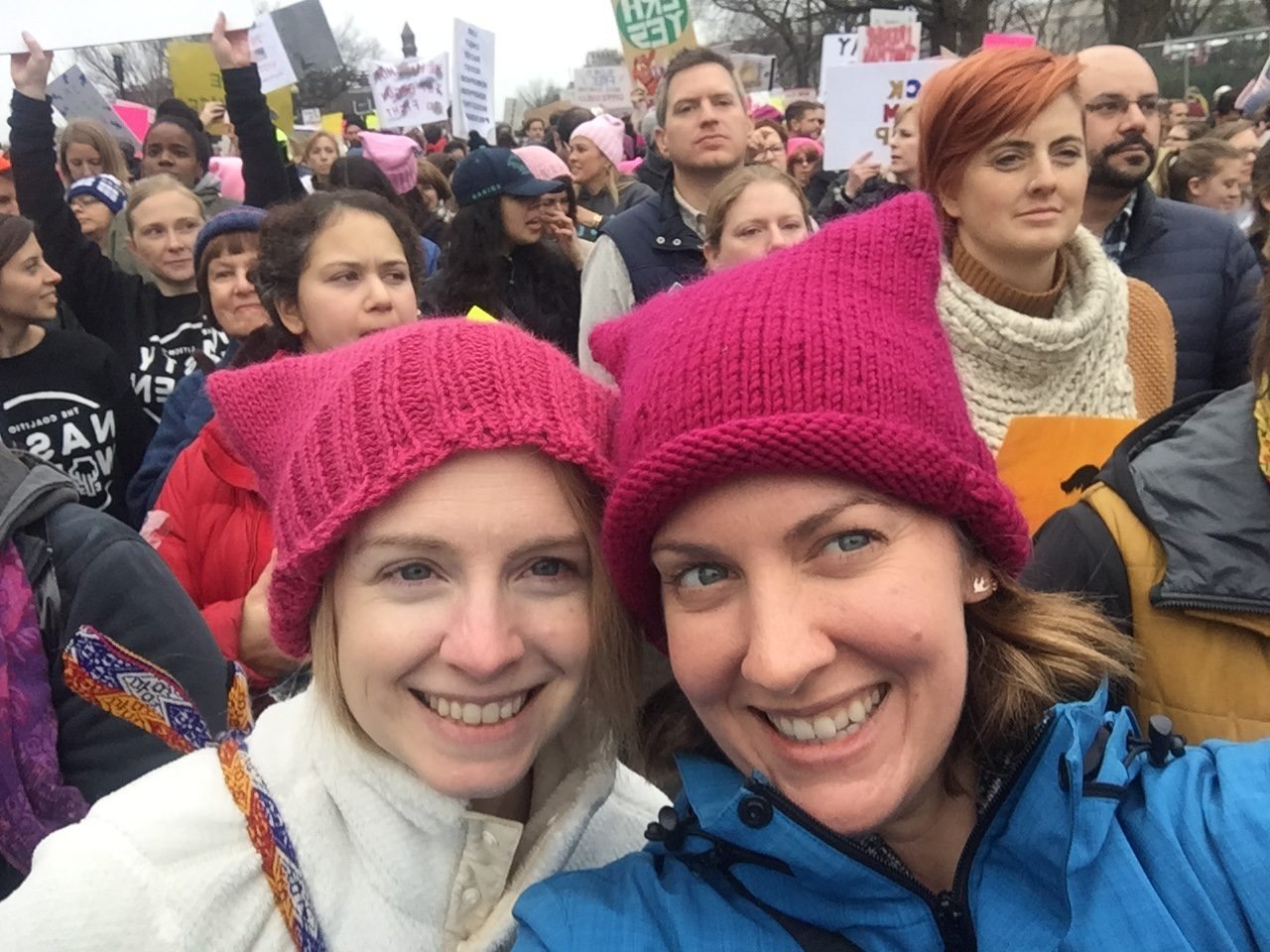
BioStar employee Lindsey Henry participated in the Women’s March on Washington.
In the current political climate, companies can no longer afford the luxury of remaining silent on issues that affect or impact our core values.
While it can feel uncomfortable to take a stand as a company on issues that affect or impact our core values, it is also liberating This is Who We Are.
As a result of these efforts, I have employees who feel valued and are committed to our efforts and clients who are passionate about our products and our endeavors. At the end of the day, we all feel like we have made a difference in the world.”
“There are a lot of businesses that solely focus on profit, and while we certainly do that as well, we also want to be a business that has a positive impact on people and our planet. That’s why it’s important to us to offer paid family leave to our employees, a starting wage that is 100 percent above the federal minimum, and why we have donated more than $1 million to partner nonprofits around the globe through our Better to Give program.
If we did not take a stand when it came to causes we believe in, we would not be true to our values as a business.”

When policy makers learn that responsible businesses are able to earn a profit and create jobs while operating in sustainable and socially responsible ways, they begin to recognize that enlightened practices make business sense. That means that legislators are free to raise the bar — in policy terms — for all companies, and it won’t hurt the economy. This starts a virtuous cycle where policy advocacy and enlightened action by individual business leaders ultimately spurs adoption of responsible business practices economy-wide. This builds an economy that works for everyone.
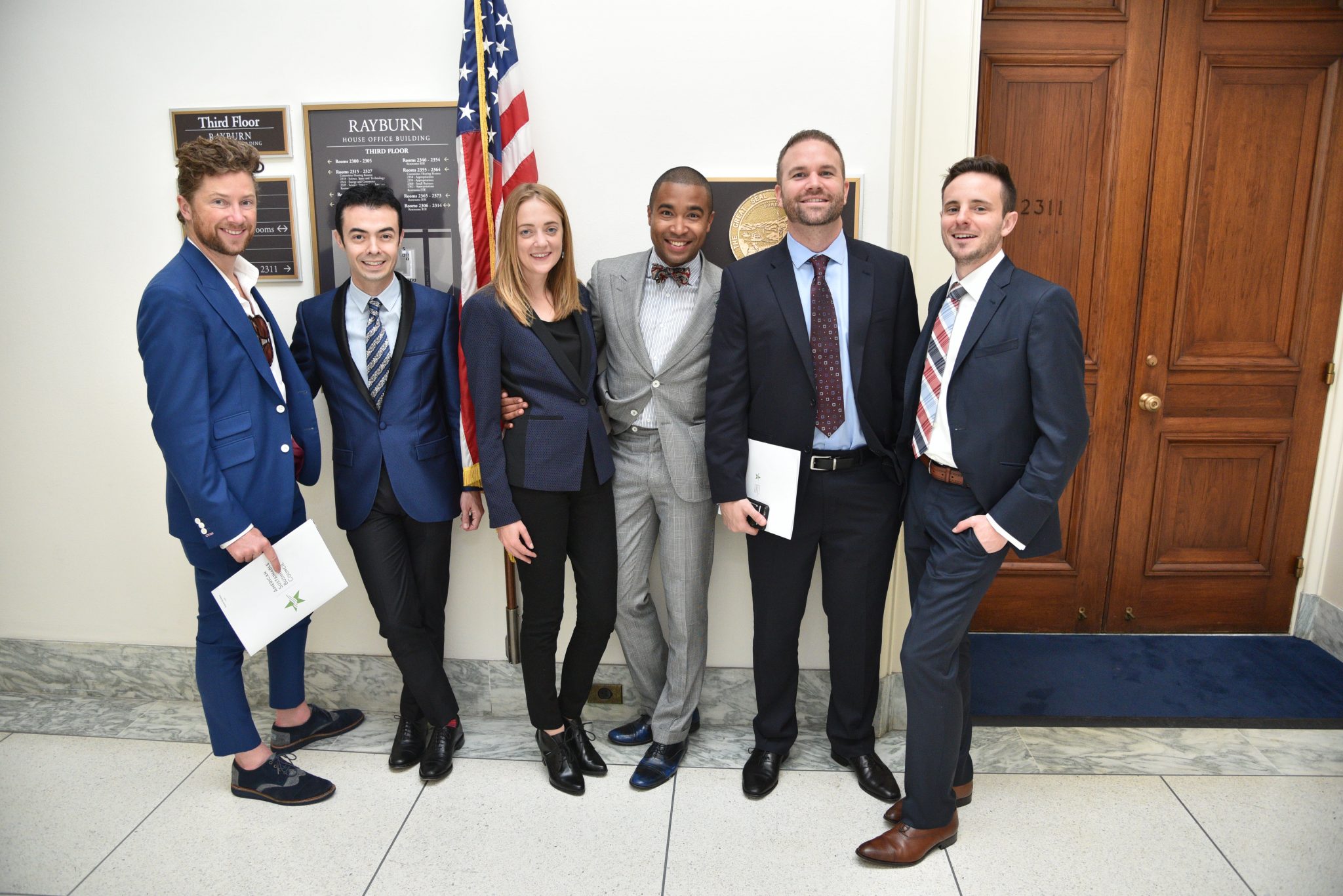 Until recently, many companies shied away from public advocacy for fear of upsetting customers and investors. But now a powerful convergence of forces has led prominent brands to step up in a way they haven’t before. In part, this new activism reflects enlightened self-interest — for example, in tech companies that employ skilled immigrants. Partly it responds to calls from employees, mainly Millennials, who demand a new and more engaged response to a highly unusual US president. And it reflects the deeply held values and commitments of business leaders who understand that business can’t succeed in the long term without a sustainable environment, economy, and society.
Until recently, many companies shied away from public advocacy for fear of upsetting customers and investors. But now a powerful convergence of forces has led prominent brands to step up in a way they haven’t before. In part, this new activism reflects enlightened self-interest — for example, in tech companies that employ skilled immigrants. Partly it responds to calls from employees, mainly Millennials, who demand a new and more engaged response to a highly unusual US president. And it reflects the deeply held values and commitments of business leaders who understand that business can’t succeed in the long term without a sustainable environment, economy, and society.
“It’s more important than ever for businesses to engage in social activism. At Singlebrook, we volunteer for community organizations such as the Finger Lakes Land Trust and City Harvest. We also believe in accelerating the women-in-tech movement through our partnership with Women 2.0.”
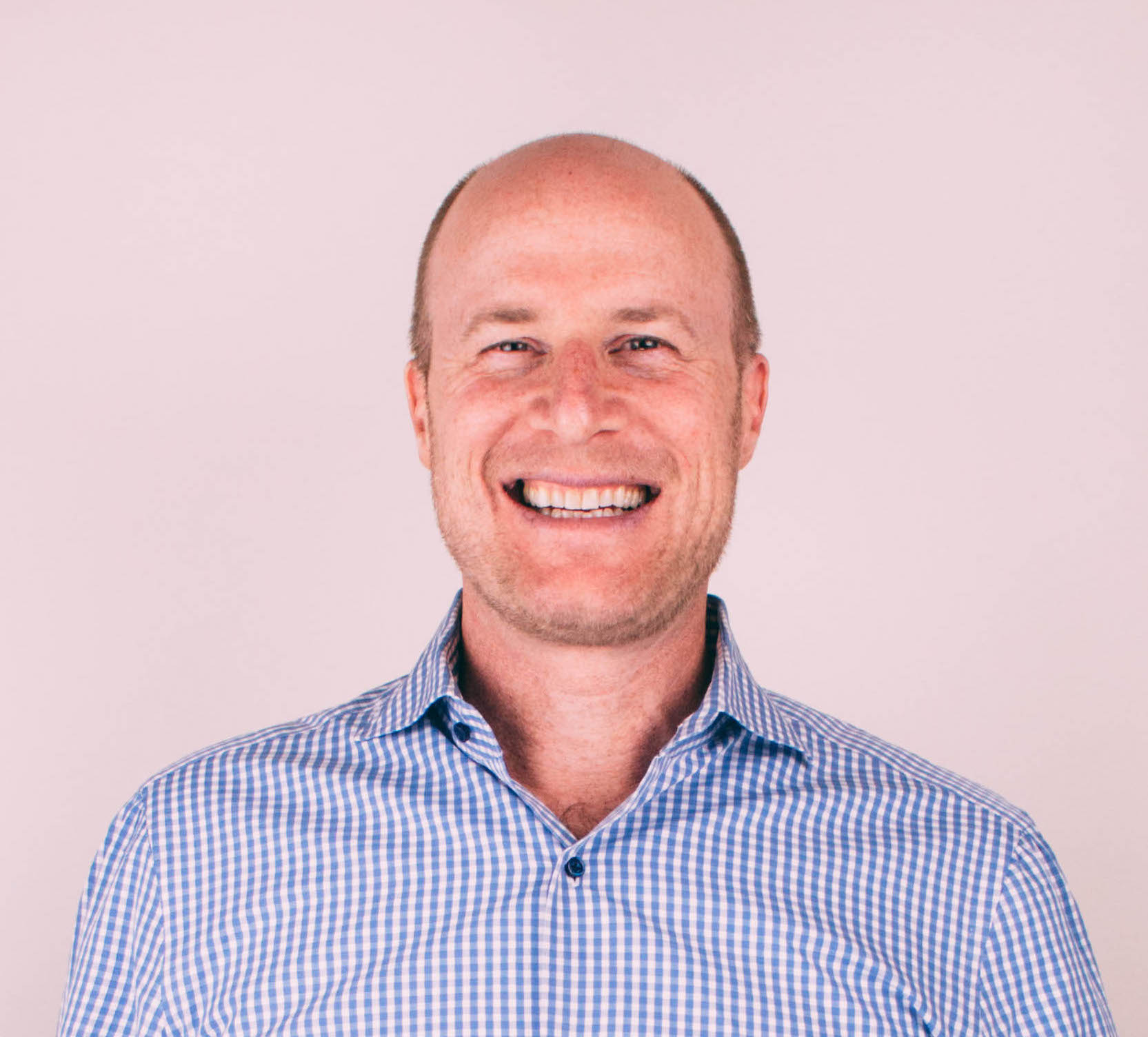
“I’m a social entrepreneur. I’m also the founder of an agency that works with mission-driven companies.
I see my role as driving change in the marketplace — not so much at the policy level. It’s my hope that progress in policy matters will naturally follow, because the marketplace will demand it.
I look to solve real-world problems — like food insecurity — with new ideas that can also fuel a business. Urban Organics is a good example. We took a new idea (aquaponics) and launched a totally different kind of company. With it, we’re not only feeding people, we’re developing a neighborhood and jobs, all while making money.
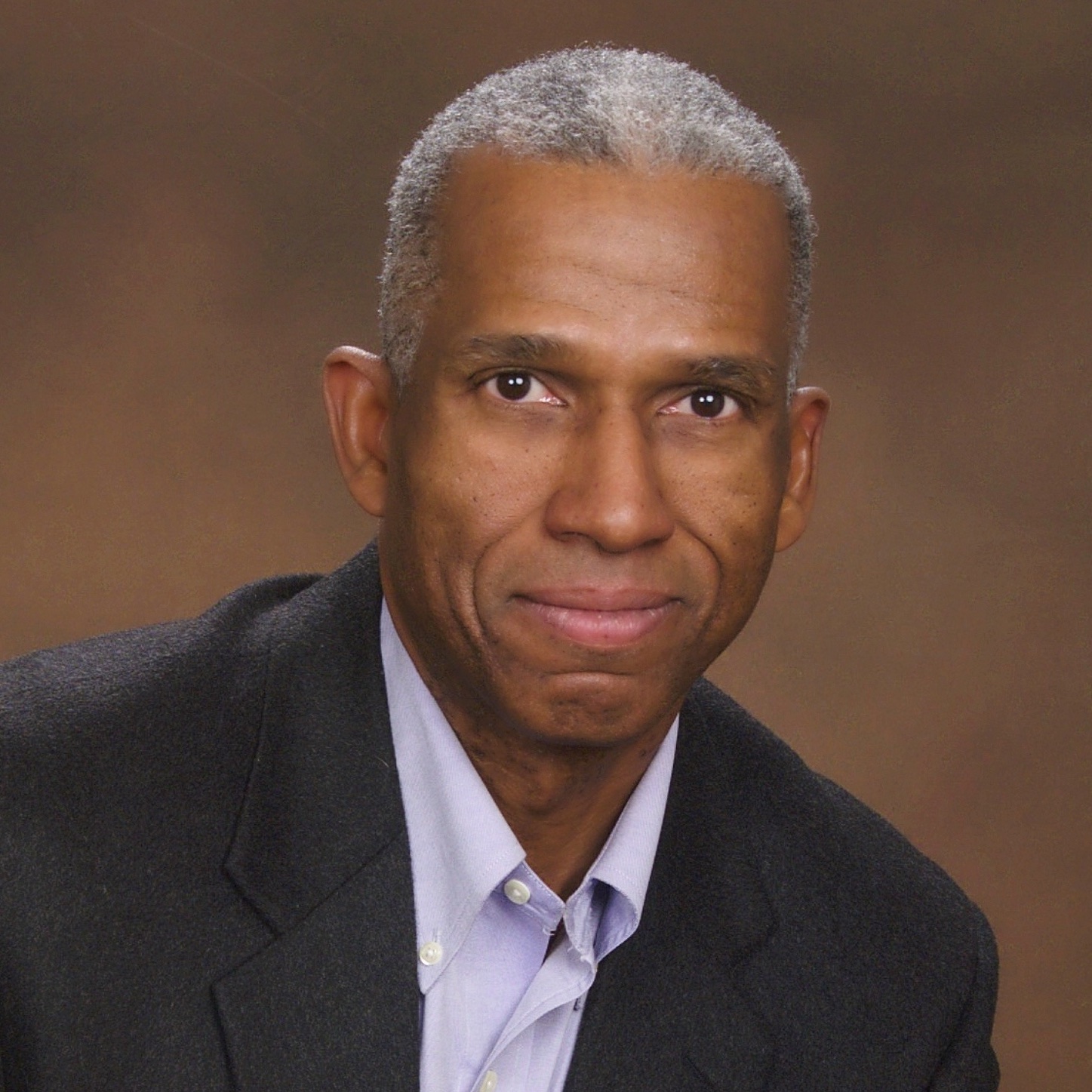
Using Business as An Instrument of Healing
Martin Luther King once said, ‘The time is always right to do what’s right.’ We’re at a moment in history that is much more than the right time for business to do what’s right. We have an unprecedented opportunity to use the voice of business to focus our society on real solutions, to stand up against injustice, and to use the power of business as an instrument of healing.
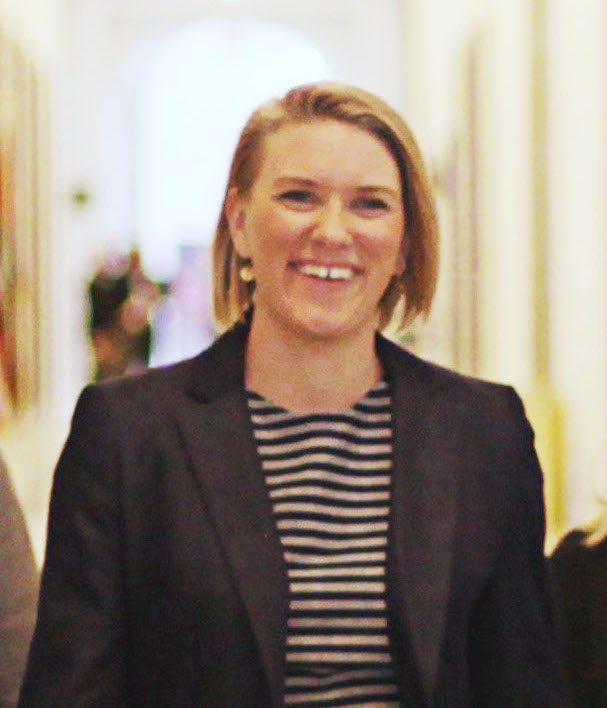
“The whole reason Beautycounter was started was to solve the social problem of the unregulated beauty industry. Unknown to many, harmful ingredients can legally be used in personal care products and cosmetics. When I started to learn about this issue, I saw a gap in the marketplace for beauty products that were aspirational and high-performing but that also had ingredients in them that were significantly safer for human health. Our mission at Beautycounter is to get safer products into the hands of everyone — and that doesn’t always mean beauty products. We deliver on our bold mission in three ways: through education, through product, and through advocating tirelessly in Washington, DC for stricter laws protecting our health.
Unlike many companies, we are actively asking for more regulation over our own industry. We believe that regulation does not squash innovation.
In fact, new oversight of the beauty industry will help beauty brands bring safer products to market quicker.
Not only do we do this at our corporate headquarters, but we involve our clients in our advocacy efforts as well, helping to engage them in the democratic process.
We hope that through our efforts, we can improve the safety and continue to advocate for stricter laws governing the $62 billion beauty industry that is currently regulated by less than 2 pages of federal law.
We think the future of successful businesses will work at the intersection of solving today’s problems and advocating for a healthier world.”
“I believe, greatly, in the ability of businesses to harness the energy of the people they bring together every single day to achieve goals greater than providing the actual service or product they offer. There is going to be a fine line between doing something for personal gain, versus the gain for humanity as a whole, but those who work to achieve something selflessly greater should be rewarded and recognized for that — mostly through greater business success by responsible consumers.”
”Our company’s mission is ‘Making People Better’ and that means supporting our employees in personal development, professional development, and encouraging support of our Nerium Ripple Foundation philanthropic partners Big Brothers Big Sisters in the US, Canada, and Australia and World Vision International in Mexico, Korea, and Colombia.
Our Nerium International corporate culture is a happy culture, an extension of my own philosophy, to live life with a positive attitude and reach higher to overcome limited thinking so as to realize our full potential. Our sister company Live Happy has started the ‘happiness movement’ and I was privileged to speak at the United Nations on our initiative to spread happiness throughout the world.
The happiness movement is marked by the International Day of Happiness each year and anyone can participate simply by starting to be happy, doing little things to touch each other in daily life, and always expressing gratitude. Happiness is a precursor to success; it is a shift in consciousness. Government, academia and companies need to do it and expand awareness and accessibility of how to be happy.
I believe that our positive daily thoughts and giving actions create a ‘Ripple Effect’ to better society as we know it, in the workplace, our communities and the world.”
“It is the role of business to create and implement new solutions, in turn changing how things work for all of us. If we have been given influence we must take that role very seriously. Many companies and their leaders play an influential role in our society, which creates opportunities for change. This transpires through innovation in problem solving. If you are addressing a social issue in your work, your influence will rise. We are all known by the problems we solve. Successful businesses today are gaining traction because they are addressing social needs in new and innovative ways. When we see problems in society and actively create new solutions to those problems the result will be influence and will create a voice that has earned the right to be heard. Unfortunately, problems occur when businesses start commenting on problems outside of their realm of expertise. This creates a tension of just talking about ideals instead of playing an active role in creating change. Politics will always echo what problems culture desires to be addressed and businesses create an opportunity to make what culture wants.
I don’t think all business leaders should be addressing all social problems, but they should be engaged on the issues their businesses are purposely and actively changing.
We need more influential businesses causing change, funding change, experimenting new ideas for change, but not just commenting about change. Change will happen when our ideas in the clouds begin to start making progress on the concrete streets of our communities.”

Business must step up and take stands on as many public policy issues as possible, both by helping inform team members and customers. Modern businesses must be strong citizen advocates. We can write OpEds, publish blogs, use our social platforms, give money to organizations working full time on issues we care about. We can show up to testify at legislatures and city councils. We can sign on to letters with group signatures.
‘Business’ carries more clout than an individual. We must take risks now. The future is at stake, and that’s no light reality.
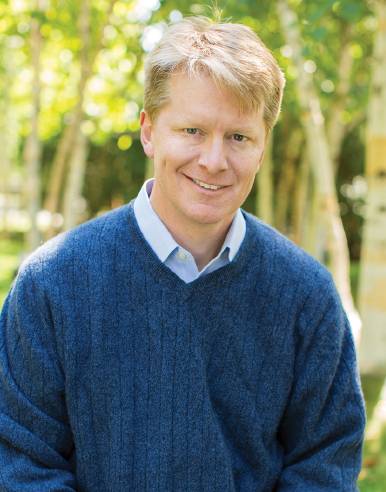
“Every company has a moral duty to play an active role.
Some choose not to, which, if they have good reason I can respect, but I think we all have to realize the switch is on and therefore if you are going to consciously not play a role, then decide why you’re not going to be engaged. But otherwise I think every company has a moral duty to play an active role. That’s true for a number of reasons.
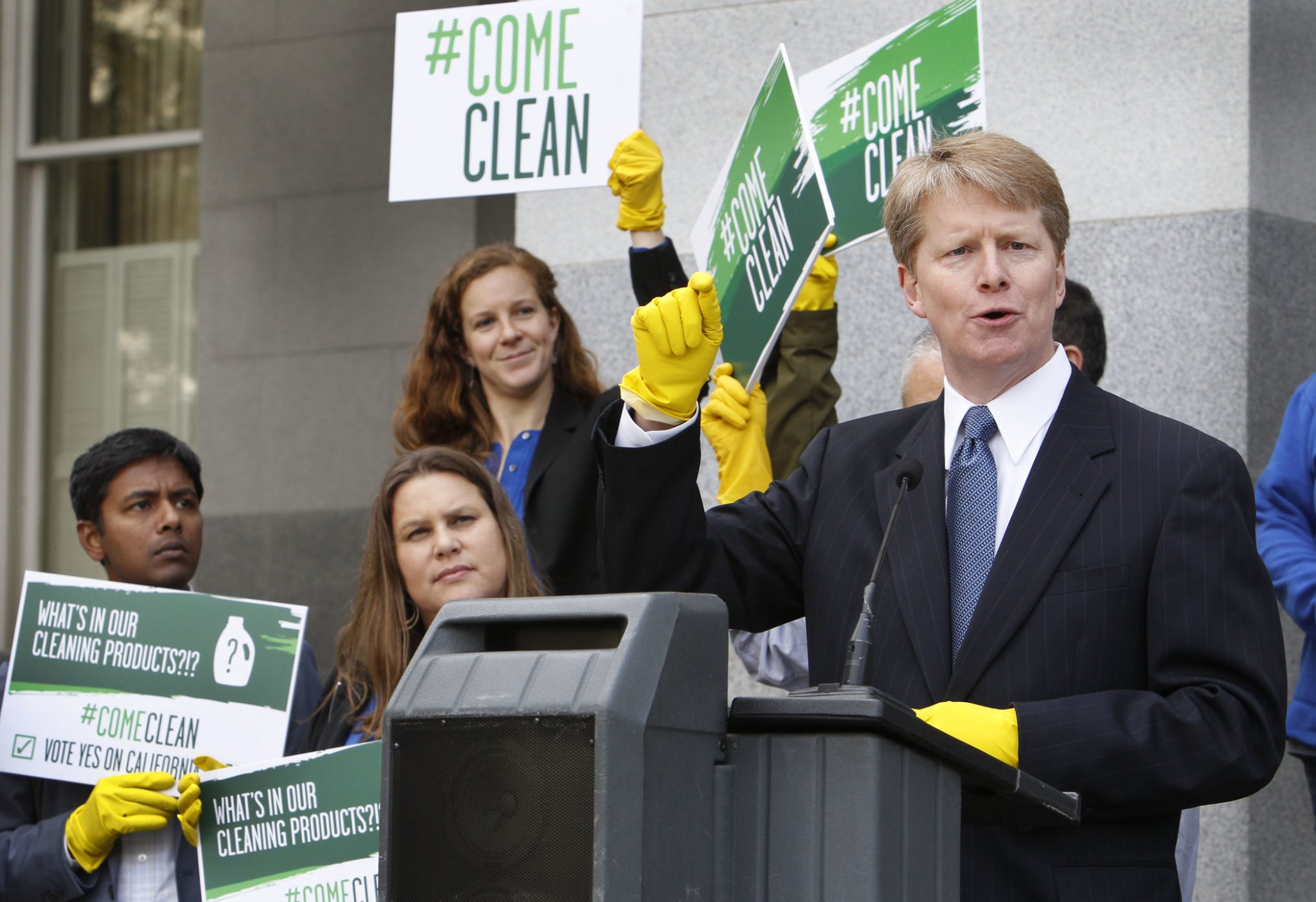
John Replogle, CEO of Seventh Generation, speaks during a #ComeClean Rally in support of AB 708 at the Capitol in Sacramento, Calif., on Wednesday, Jan. 20, 2016. The bill would require manufacturers of cleaning products to disclose their ingredients on their label and websites, including those that could have adverse health effects.(Steve Yeater/AP Images for Seventh Generation)
One is we owe our businesses to the consumers around us, the people who purchase our products, the communities that, frankly, give us the ability to do business. Business today is inextricably linked to society. Go back to John Locke, and the laws of society say that you can’t stand apart from, you have to be part of society, and we need the help of business more than ever.
After this beautiful experiment of democracy we’ve had for 250 years, it’s clear that government alone can’t do the job.I’ve often said that if every company adopts their home town we can solve every problem around us.”
“We believe in the power of social enterprise and its ability to solve deeply entrenched problems that require long-term resources and highly dedicated teams. There’s not a charity in the world with deep enough pockets to solve global energy poverty on its own.
Companies have a unique role to play in solving social problems, as a market-based approach requires you to put your customer first and really think about what they want and what they need. If you’re selling something, the willingness to pay is a strong indicator for whether a solution is valuable.and ultimately set up for long term adoption.
Here at BioLite, we believe safe, affordable energy access is a universal human right and has a direct impact on our climate. We remain focused on replacing toxic cooking fires with clean alternatives (in our case, The BioLite HomeStove), which not only provides a public health intervention but also reduces black carbon in the atmosphere, a short-lived climate pollutant that can cycle out of the atmosphere in as little as two weeks. We believe environment and climate go hand in hand — we applaud our colleagues who are taking a stand to protect wild places and environmental conservation and we see our work as a complement to those efforts — it’s going to take all of us. For us, tackling pubic health and climate through clean energy access isn’t a one-off campaign, it’s the business of our business and why we exist as an organization.
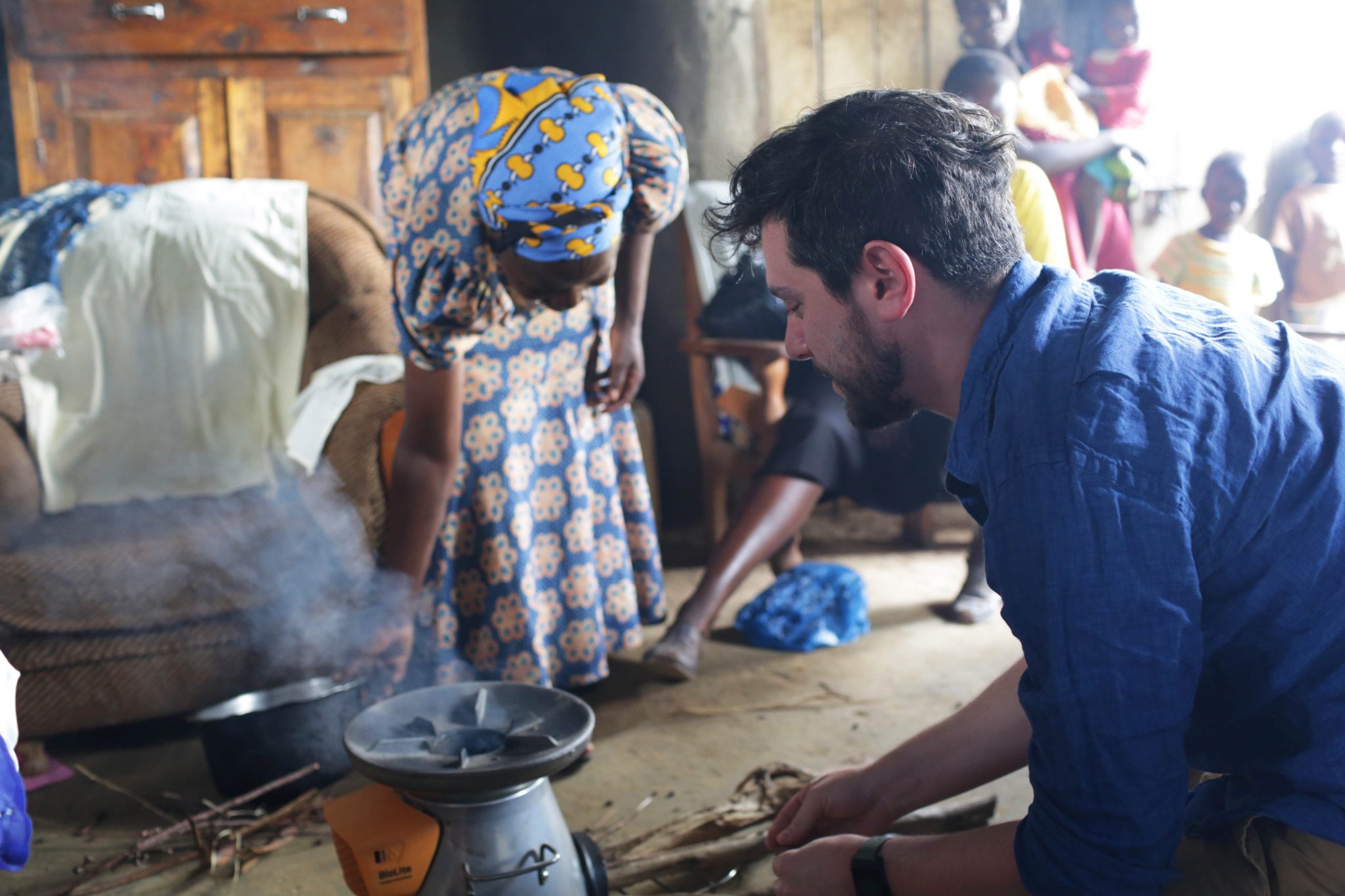
BioLite CEO Jonathan Rosen at an in-home service call to promote adoption of the company’s clean cook stoves.
“Sustainability and social justice is core to the mission of Zenful Bites since people and our workers are the heart of our company. We need to take action to ensure that we all have a safe and healthy world to work, live, and thrive in. For us, that means reinvesting our profits from our eco-catering services back into healthy cooking classes for youth and adults, hiring returning citizens, and supporting other women-of-color-owned businesses.”
“It’s more important than ever that business deliver on more than just profit.
There are social issues at stake within every industry, and how we use our resources and influence in service of those issues can have real impact.
At Clif Bar & Company, we make energy bars. But more importantly, we have a five-aspirations business model that considers how we sustain our people, planet and communities. For us, that takes many shapes: from encouraging our employees to volunteer on company time, to speaking up on policy that supports a healthy food system.”
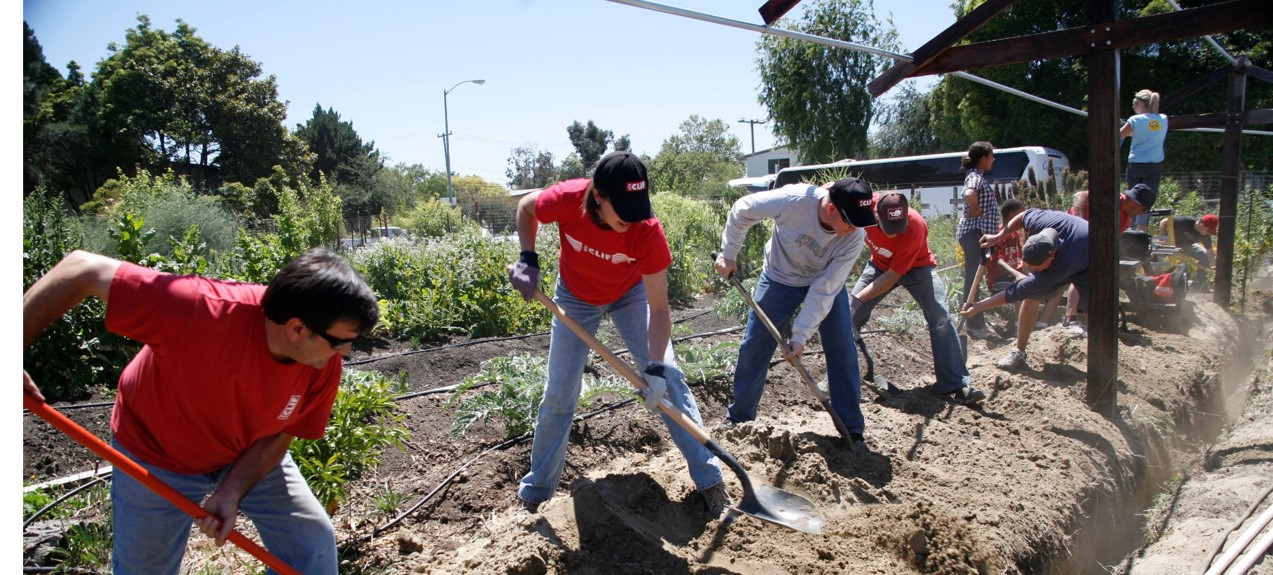
Clif Bar & Company employees volunteering in the East Bay. CLIF CORPS encourages employees to volunteer their services in the community during the workday on company time.
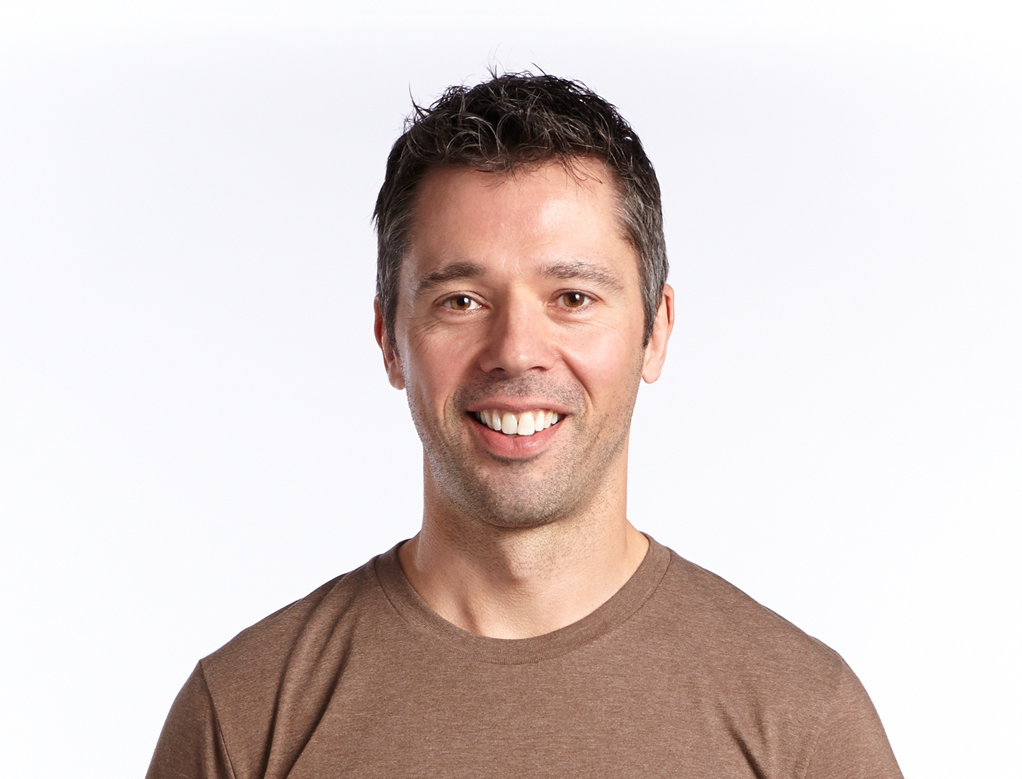
“One of my favorite quotes from the “Spider-Man” series is ‘With great power comes great responsibility.’ I believe that companies are here to serve the consumer, employees, investors, the community, and citizens of the planet. That also means we need to be responsible by taking into account the true costs of goods, including the impact on the earth.
To walk the talk, we are leveraging a growing business to create lasting change through:
CLEAN PLANET = advocate for human power over automobiles. Nuun supports, and partners, with the non-profit People for Bikes to make riding a bike safer and more accessible in urban centers. (increase protected bike lanes)
CLEAN PRODUCT = our business model drives reduces single-use disposable plastic bottles by shifting behavior to reusable bottles.
CLEAN SPORT = athletes rights are human rights. Nuun is a founding company for the non-profit, Clean Sport Collective (www.cleansport.org), to equal the playing field of sports.”
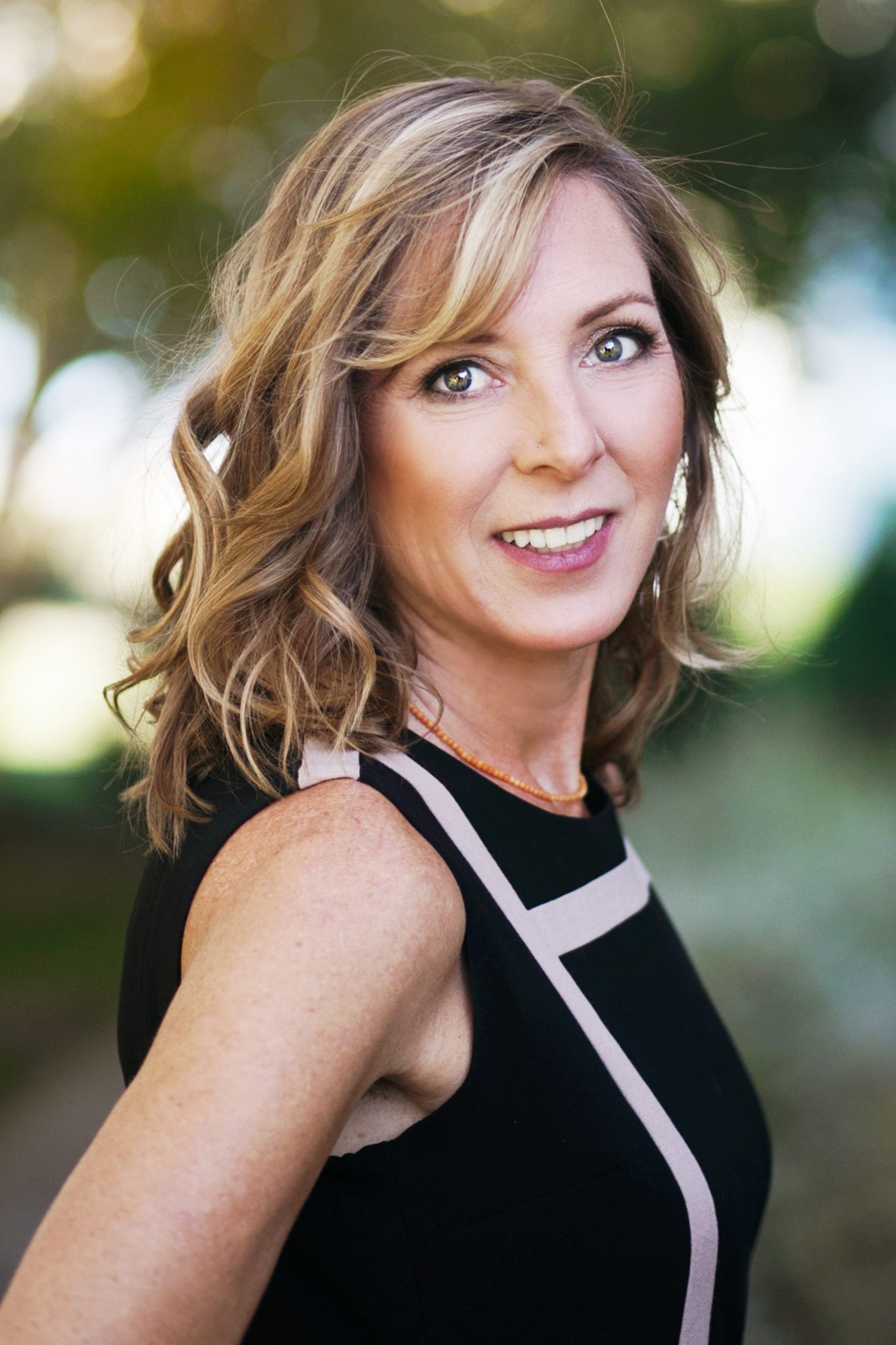
“Business owners have both an opportunity and a responsibility to use their platforms, their names and their brands to advocate for the world we want to see.
In an ideal world, businesses would profit from purpose. At Nia our very purpose is to invest in those companies working to solve the world’s most entrenched problems like climate change, access to health care, poverty, access to education, financial inclusion, and sustainable transportation. We go beyond investing in companies to also advocating for diversity in leadership as well as for more sustainable earth- and family-friendly business practices.
At Nia we believe that the market will reward those companies that are actively addressing and finding solutions for our world’s most pressing issues through their product or service.
In addition to supporting solutions-focused products and services, we are also activists in advocating for fair and just policies.
We regularly use our company voice to stand up for our core values and beliefs.
For example, we recently joined other businesses in standing up against the immigration ban. This week we joined 1,000 other businesses in speaking out to Washington on behalf of low-carbon policies. We also joined many other companies last fall in encouraging the government of North Carolina to repeal the bathroom bill, stating the business case for fair and just government policy.
Businesses can also play an active role in addressing social problems through their own corporate practices. Hiring diverse teams, offering generous family leave or flexible work hours (both practices correlated to retention and promotion of women in the workplace) can go a long way to helping create a fair and just economy.
And it’s our responsibility to view each of our own policies and practices as ways to build the world we want to see.
As one example, businesses are more poised to solve problems when they are innovative, and diverse teams have been found to be more innovative than non-diverse teams.”
“Just as companies capitalize on business opportunities, they should also be looking for ways to lend their voice to vital social issues.
Companies not only have a role, but a responsibility to advocate for the communities they serve. They are even stronger when they join forces with other organizations.
For instance, Watermill Express recently teamed up with World Vision to donate 100 million gallons of clean drinking water to the developing world.”

Kuli Kuli employees planting moringa trees in Haiti after launching a fundraiser on Indiegogo to help reforest Haiti and donating over $20,000.
“Companies now have not only a social responsibility but also an economic responsibility to use their resources for social good. In the internet age, consumers want to know where their products come from and how those products align with their values. At Kuli Kuli, we’ve been actively working to advocate for environmental and social policies that align with our beliefs and our customers’ beliefs.”
Advocating for policy is certainly one way to make a difference. For us, it’s equally important that businesses also double down on their biggest purpose — creating and delivering meaningful solutions.
We must pay close attention to customer needs and wellbeing and build them into the core of any product or service.
myLAB Box, the first nationwide at-home lab testing-to-treatment service, for example, was created in large part due to the unstable health climate in the US and what we saw as the need for alternatives to payer-based health systems. By selling direct to consumers we are able to offer exceptional service at half the cost of conventional lab tests. From affordable screening to complimentary physician consultations for positives, every aspect of the myLAB Box service is designed to be something a user can easily handle out-of-pocket.
Wherever there is a problem, there is also an opportunity to innovate and disrupt the status quo. True success lays in our ability to take a step back and offer new solutions as well as discover inefficiencies big business and policymakers can overlook. By staying agile and keeping operations lean, we can also iterate much faster and move at light speeds in delivering solutions which may otherwise take decades to implement on a state or federal policy level.
The recent shake-up of our healthcare system deepened our resolve to grow our offering and develop new hassle-free lab testing models. We believe this is not just great business, but a much-needed resource to decrease our dependence on policy fluctuations.
Integral for our success as a society moving forward is to find a common ground for established businesses, entrepreneurs, and policymakers alike so together we can create systems that are as effective as possible in addressing the threats we face as a whole.”
“The bottom line is this: society needs to meet the needs of all generations, present and future, while improving wellbeing through social, economic, environmental, and intergenerational efforts. How do we do this unless we have all hands on deck? Businesses can support the sustainability agenda by making sustainability integral to their core business, including hiring inclusively, using sustainability as a lens for revenue creation, and creating a proactive culture when it comes to the environmental and social impact of one’s products and services.
About one-third of human life is spent working, and 70 percent of US workers do not feel engaged or inspired at their jobs. Businesses would enjoy happier, more productive workforces with higher retention of talent if they aligned their business offer with the greater good.
Policies send market signals that can hurt or help responsible business. It’s therefore in the best interest of business to also engage in policy discourse, and do so with an understanding of the larger ecosystem and not one narrowly lived experience of one company.”
“At FS Card, advocating for social change is in our corporate DNA, as we built the company on the principle of financial inclusion. We believe it’s critically important for business to play an active role to address social problems, and that philosophy drives us to innovate and collaborate for the benefit for our customers. By staying true to our values and leveraging our resources and technology capabilities, business can fundamentally transform the social landscape and improve the lives of millions of people.”
“I am founder and CEO of the Global Diversity Leadership Exchange, a network of C-suite and senior executives who are on the front lines of driving inclusion and sustainability in global markets. One of the universally held values of these multinational companies is global citizenry. This is not just a moral issue, it’s a bottom-line imperative.
There are two fundamental truths that underscore the need for companies to address social problems and to advocate for policy. The first is that Millennials and top talent are engaged around social impact issues and want to work for a company that reflects their own values. The second is that a company that is invested in helping to build strong, resilient communities will attract more customers, increase loyalty, and attract top talent who want to stay.

MaryAnne Howland, Founder & CEO, Global Diversity Leadership Exchange with panel of business leaders in UN ECOSOC Chamber discuss Technology, Women and People with Disabilities.
Further, companies have a unique opportunity to have the great impact on the social fabric of our communities. As employers who are responsible for creating a healthy and inclusive culture within their organization are uniquely positioned to teach and influence human relations, reduce fear, and promote respect for one another within their companies that will carry over into the personal lives of their employees, and create ambassadors of their message and brand.
As policy advocates, companies have incredible power. As in one recent example, many stepped up to protest the Muslim ban because of the impact on their workers, travel and tourism industry, student applications to colleges and universities, and so many other aspects of the economy. Given the role of business in a capitalist system, they are crystal clear on the social impact of policy on the healthy growth in the US and the global markets. They are the experts and Congress knows this. They must listen.”
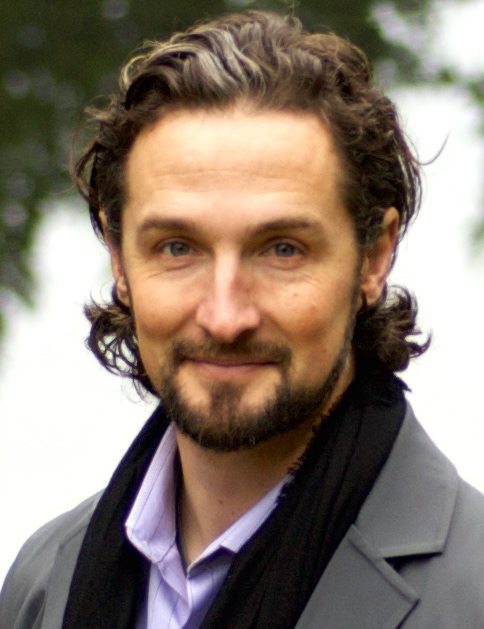
“We have to lead by example. Thanks to social media, the voice of a company is just as loud as the pundit’s. Today’s customers identify with companies with shared values. If the company and customer believe in addressing the same problem, it’s logical that they would work together to generate the desired outcome.”
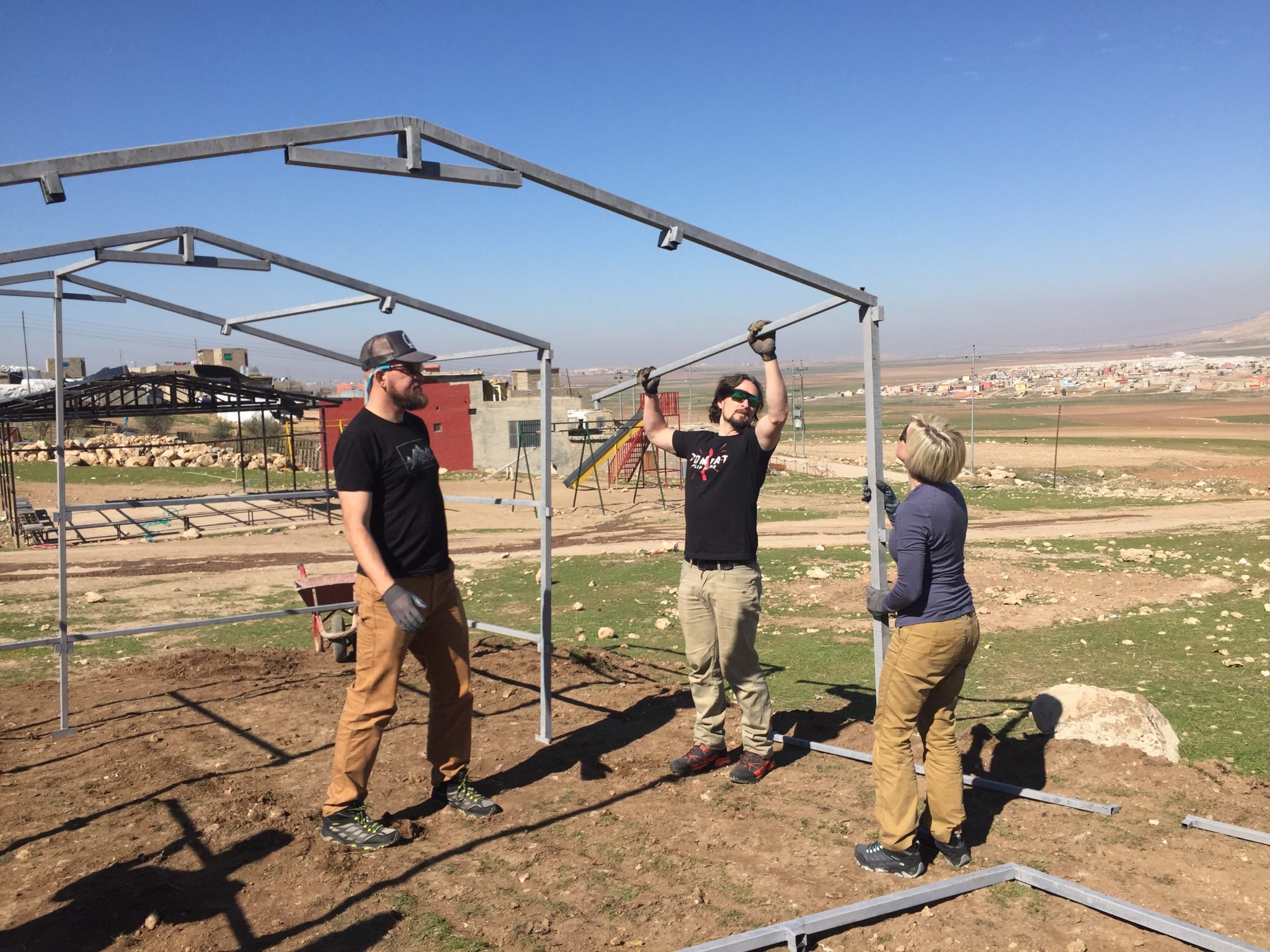
Three Army Veterans Stacy Bare, Matt Griffin, and Robin Brown help construct a school for Yazidi Refugees in Iraq for TentED. TentED is a non-profit ran by Army Veteran, Zack Bazzi, to provide educational facilities for ISIS refugees in Iraq.
“Companies with active government affairs practices have traditionally advocated for policies that advance their ability to maximize profit for themselves and shareholders. Yet, more and more companies are taking social stands and advocating for public policies that move beyond their narrow profit interests to incorporate social missions that they consider aligned with their brand and corporate values.
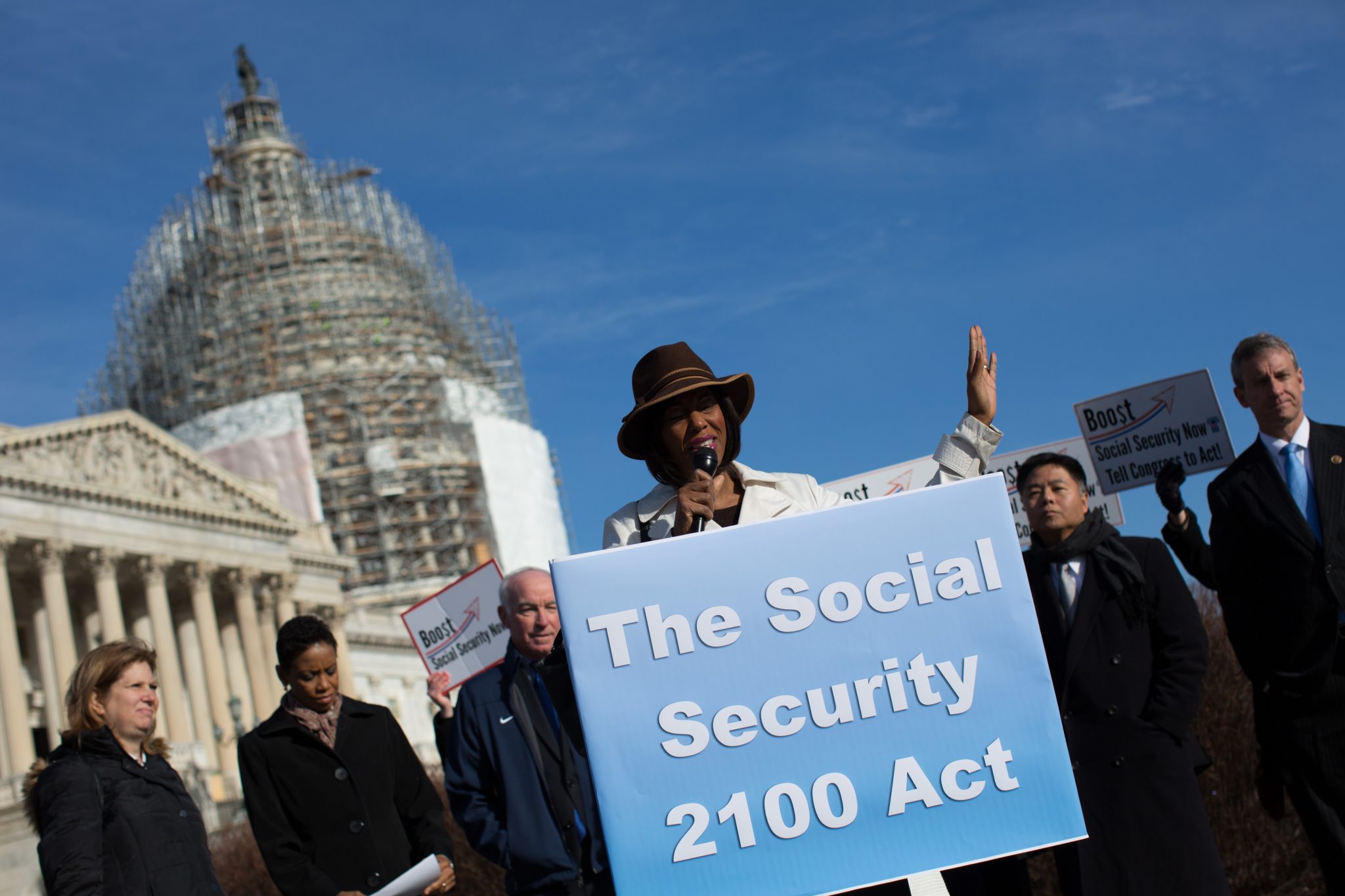
Dr. Maya Rockeymoore advocates for Social Security expansion in front of U.S. Capitol. Photo by Gettyimages
This can, in part, be attributed to several movements: social marketing, which has shown companies the power of leveraging their brand, goods and services to help promote a cause or social good; corporate social responsibility initiatives that have given companies permission to act externally in accordance with their internal values and perceived role in society; and, the inclusive economy/conscious capitalism movement that is driving companies to shift towards aligning their practice, governance, and policy advocacy with their triple bottom line value proposition.
Because of the Citizens United decision and other factors that have given corporations a super-empowered position in our society, I believe that it is important for companies whose missions are aligned with public good objectives to be active in the public sphere as a counterweight to those corporations pushing agendas that degrade people, communities and the planet. At the end of the day, we all need each other and a healthy planet to survive and thrive. If there is no push-back to extractive, exploitive, destructive, and divisive business practices then our future is bleak.”
“When it comes to responding to social problems and advocating for policy changes, actions taken by companies and business can be considered a reflection of the ideals and values held by segments of the general population. As businesses often have the ability to move with more agility than government organizations, their initiatives and the subsequent reactions from their consumer base can serve as strong indicators of a community’s values.
Businesses understand that consumers like to see companies take a stand based on values.
Research has indicated that more than half of Americans believe that companies should take a political stance, and over 70 percent believe that corporations should take action to address important issues facing society.
As more companies begin to understand that their governance and policies are important to their customers (for example, #DeleteUber), those organizations will naturally gravitate towards taking action around social and policy issues, bringing back the age-old concept of people ‘voting with their wallets.’ Because companies providing products and services are inextricably linked to society, it is unrealistic to expect them to be completely silent on policy and governance.”
“We’ve embraced the shift toward a sustainable business approach. In the past, businesses tended to focus on profit, but more and more business are finding success by focusing on people and the planet. We feel companies can and should use their influence to make their collective voices heard. Consumers vote with their dollars and support companies who support causes they believe in. It’s mutually beneficial and, more importantly, mutually helpful.
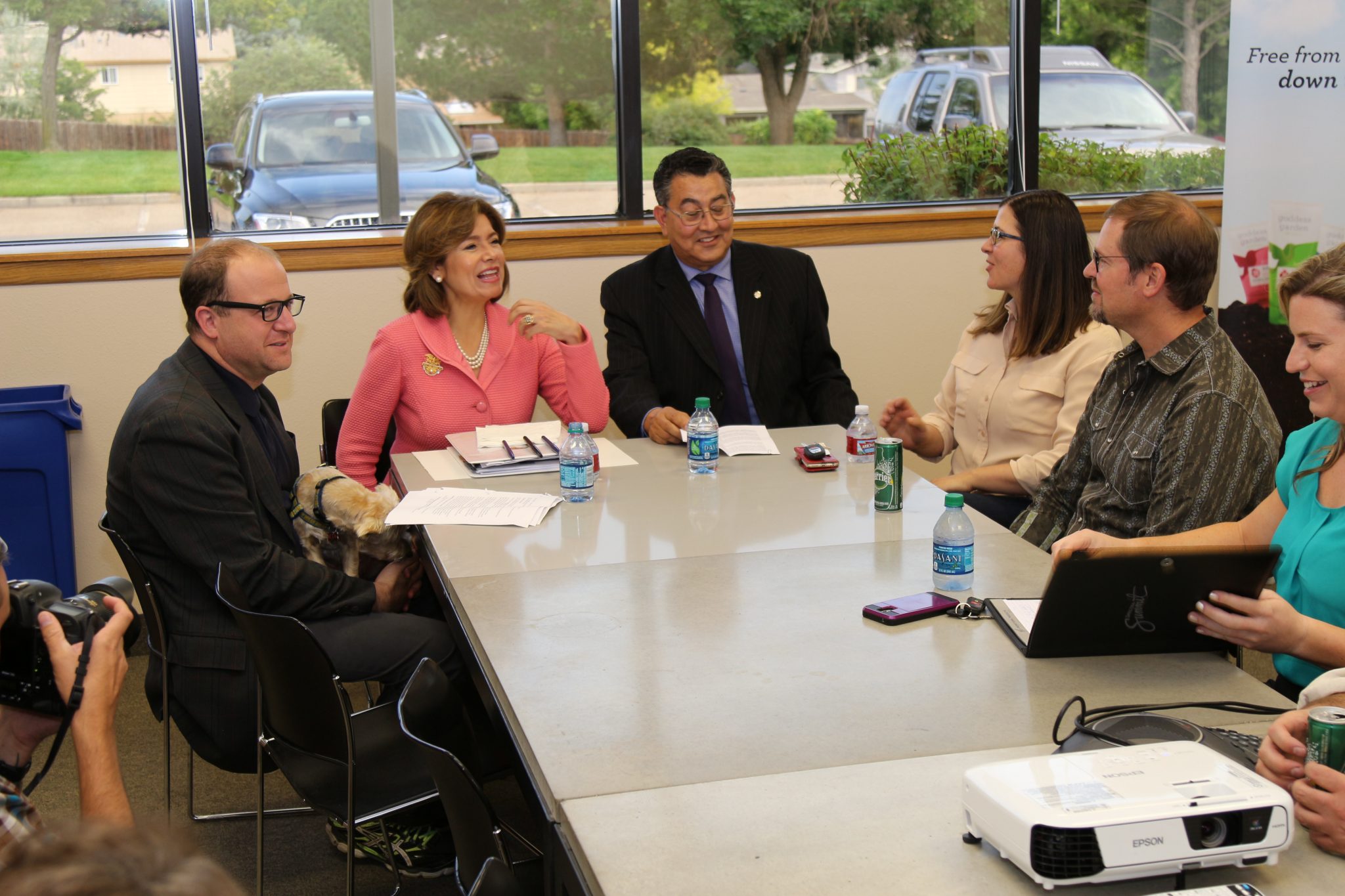
Goddess Garden recently hosted a roundtable discussion with US Representative Jared Polis and the head of the US Small Business Administration, Maria Contreras-Sweet, to highlight a new program and grant to helps small businesses.
At Goddess Garden, we’re in a unique position because of the products we create. Chemical sunscreens have been linked to the destruction of coral reefs, one of the largest ecosystems on the planet. We make reef-safe sunscreens, which directly help the problem. In addition, we donate to organizations that foster clean, healthy oceans. We educate the public on the need to use reef-safe sunscreen — even if it isn’t our brand. We’ve even hosted sunscreen swaps where people can trade in their chemical sunscreen for a bottle of our reef-safe sunscreen. We provide products to groups conducting clean-ups and research expeditions. We’ve even provided testimony and support for a proposed legislative ban on some sunscreen chemicals, including oxybenzone. State Bill 1150 has just crossed over to the House of Representatives, and is in the process of public hearings with the Energy and Environmental Protection (EEP) Committee; the Ocean, Marine Resources & Hawaiian Affairs (OMH) Committee; and the Consumer Protection and Commerce (CPC)/Finance and (FIN) Committee. Details on the proposed bill can be seen here.
We want Goddess Garden to leave a positive mark on the world. Our products themselves solve a problem, but we’re in a position to do more than simply provide safe options.
Through our company, we can make our own voices heard, as well as the voices of our customers, to effect real and lasting change.
We also support other small businesses so they can also have an impact. Goddess Garden recently hosted a roundtable discussion with US Representative Jared Polis and the head of the US Small Business Administration, Maria Contreras-Sweet, to highlight a new program and grant to helps small businesses.”
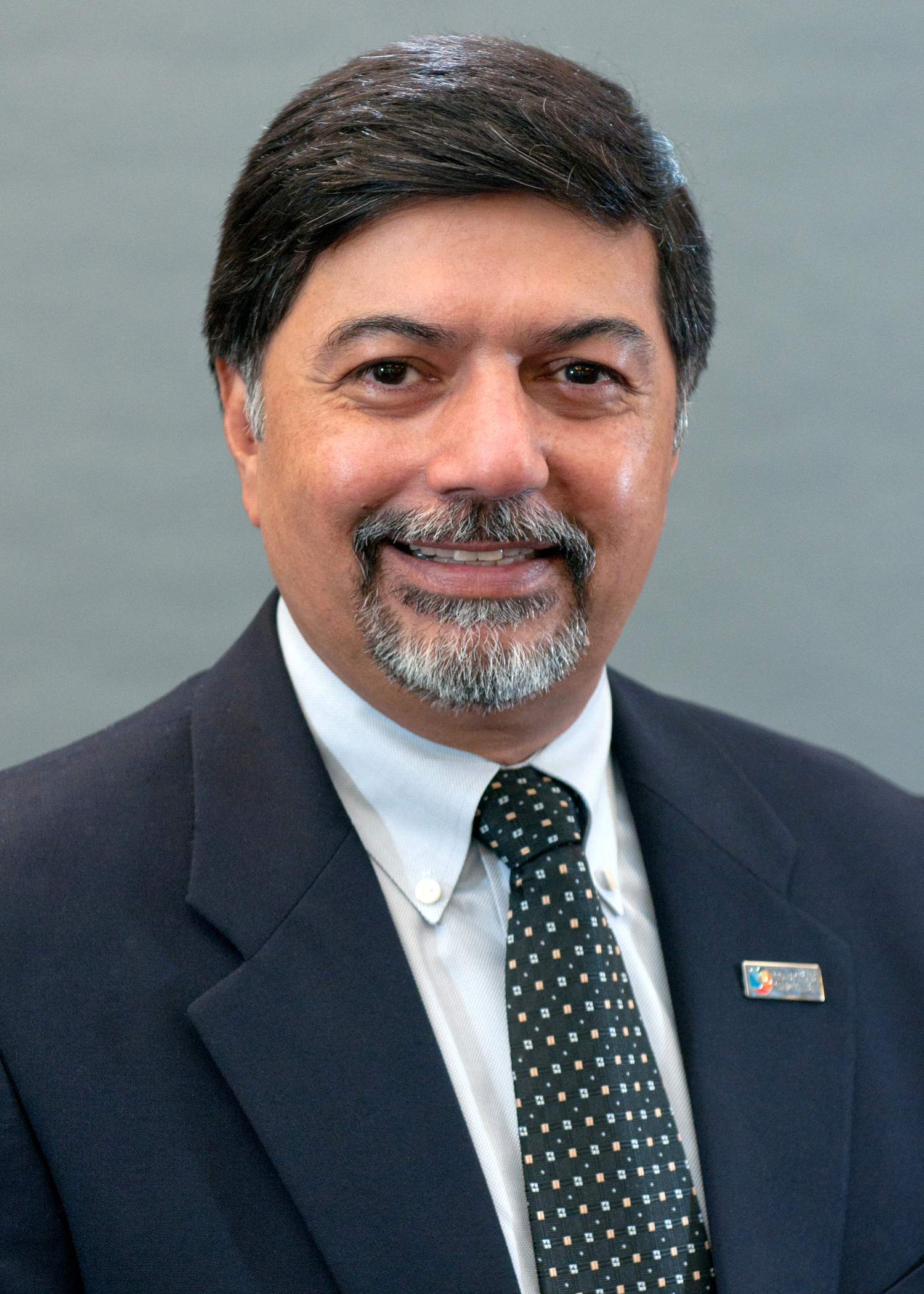
Businesses have a right, and indeed a responsibility, to advocate for sound public policy that advances societal wellbeing. It’s important that they not advocate in a purely self-interested way, though societal interests and those of the company can often align. Businesses should view society as a key stakeholder and seek to help solve problems that are related to the company’s purpose and competencies. Done right, this can result in positive impacts on the company’s other stakeholders as well.
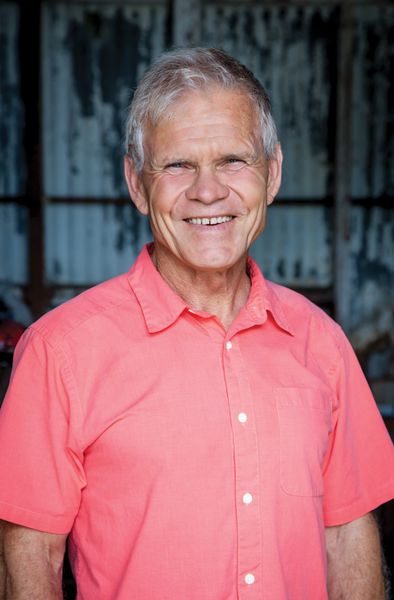
“Businesses and business leaders have a responsibility to be activists. I use the word ‘activist’ rather than ‘advocacy’ because it includes that core idea of action. That’s certainly what this company is committed to do — now, more than ever.
It’s incumbent upon all businesses to rise to the occasion, and it’s in their self-interest. I continue to be perplexed by how many businesspeople I still run into who don’t seem to understand the most fundamental of connections: that without a healthy planet supporting healthy societies, none of them are going to have healthy markets.
If none of them can see long term, they don’t really deserve to be in their positions of leadership.”
“We need to be discerning in how we position ourselves. Our clients are not all yoga teachers in San Francisco. They’re small-business owners, and a lot of them are Republican and conservative. We need to respect that point of view. Yet there’s opportunity in almost all things. We’re going to take an active role in lobbying for the Personal Health Investment Today (PHIT) Act. Two congressmen from two different states — one Republican, one Democrat — are co-sponsoring a bill that will allow people to use pre-tax earnings to pay for fitness. What we’re talking about is leveraging the 60,000 customers we have, the 330,000 practitioners they employ, and the 5 million registered users of the MINDBODY app to get into some political lobbying for this one thing that I’m certain every one of our customers agrees with.”
“Companies and brands, especially brands that are beloved by a loyal consumer base, have a great opportunity to use their business as a force for good. Every company must decide if, and how they will use this superpower.
Advocating for a social cause can help shape public opinion in powerful ways. Every company must decide if and how they will use this superpower. Companies risk alienating consumers who disagree with their point of view, but hopefully it at least opens up a dialog about that subject.
At Beanfields Snacks the very products we create and sell make a social statement. In essence we are saying people are not satisfied with the status quo, and deserve more nutritious better-for-you snack options. By creating snacks using beans as our base ingredient we help increase the planted acreage of field beans in the USA. Beans are non GMO, use very little ground water, and put nitrogen back into our soil. We feel this helps our farmers, our families, our water, and our soil. It also provides new job opportunities in places like Michigan, where they grow a lot of black beans.”
I absolutely believe that companies/businesses can solve social problems and advocate for policy, as long as those actions reflect the company’s values and mission. They cannot be done simply to APPEAR that they are doing the right thing.
It’s important that every single person within the company is for solving the social problem or addressing policy. A company cannot be on board as a united force unless its employees are also on board.
A previous company I worked for wrote an open letter advocating a certain political party prior to a municipal election, and mandated that we volunteer work hours toward the party. At the time I did not feel comfortable with either action, but I followed suit because I was too afraid to stand up for myself. Business leaders need to find a way to engage their employees in terms of these initiatives and get their consent prior to taking action. However when action is taken, that is when real change can happen in the world.”
“We’re in a moment right now where going against what’s considered normal, conventional, or status quo is not only encouraged, but necessary. But in terms of a company’s role in tackling social problems and/or advocating for policy, I do think it’s vital, but needs to be done with a similar strategic approach as other business decisions. What resonates with that company’s DNA, what speaks to their mission, team and brand story, and figuring out how real, authentic, sustainable change can be created by the message and strategy?
Essentially, don’t just throw stuff out there to be part of the conversation. Do so with the same tenacity and commitment you give to any other business decision. That’s what’s going to create a social movement and true change.”
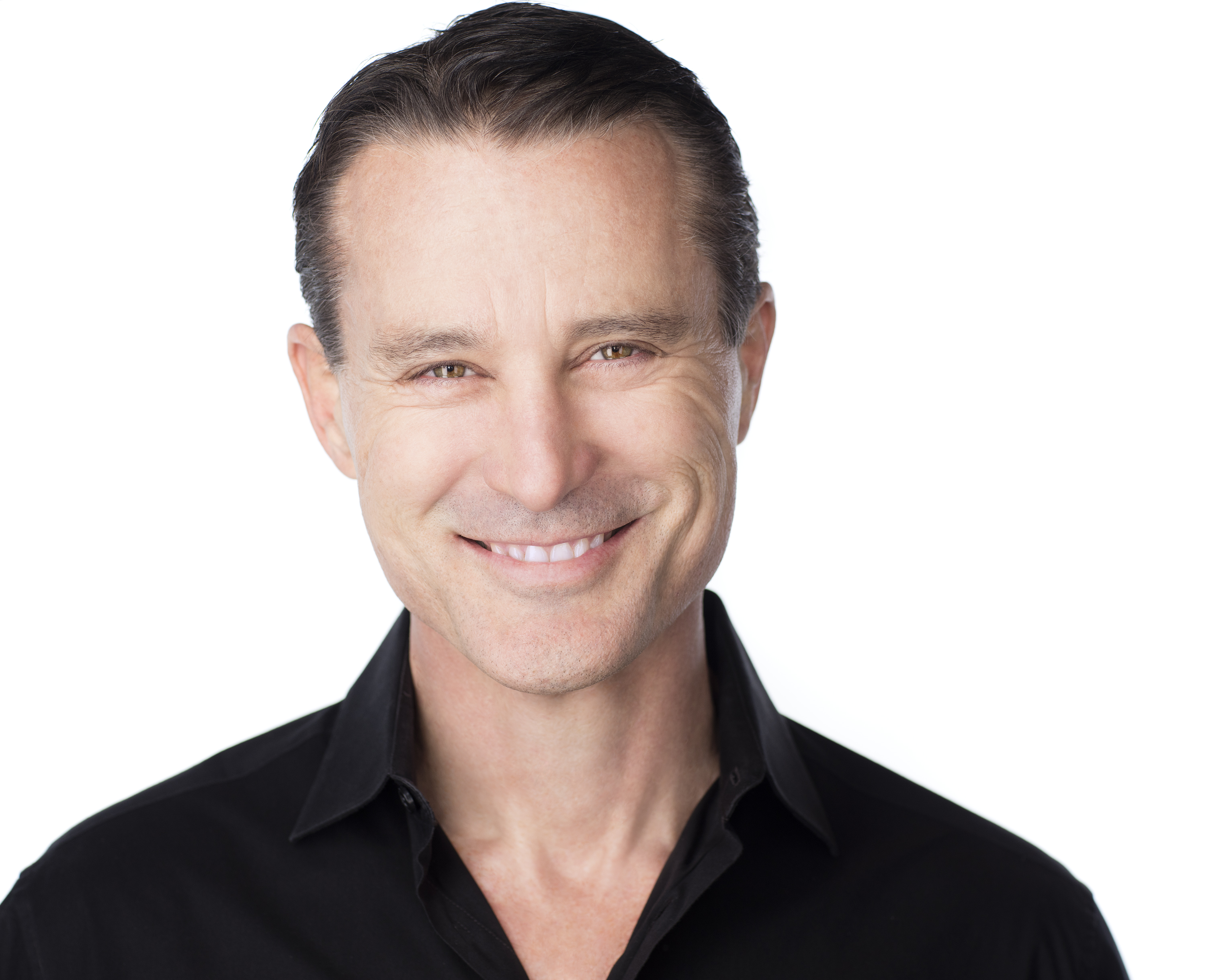
“The role of business is to inspire all stakeholders in society to shift their thinking and behavior in ways that serve everyone as well as themselves. This is critical, as brands cannot survive in societies that fail and the compounding social challenges we face require the full might of the private sector if we’re going to meet them with equal force. In so doing, businesses will inspire goodwill and loyalty that will drive their business and better the future for humanity and our planet.”
“Millennials are more connected to and influenced by the companies and brands they interact with than politicians. More than ever, a company’s social brand impacts consumer behavior. Therefore, companies that strive to differentiate themselves and have a strong brand must take a stand and show clear deliberate action in social impact.”
“The threat to public lands hits one of Ibex’s core values, which prompted our company to act, and held me accountable to answer ‘where do we stand?’ from our own employees. There is no longer space for a business like Ibex to sit on the sidelines if our core values are at threat. Those days are past. Our goal has been, and will always be, to bring to bear all this brand can muster in defense and advocacy for our values.”
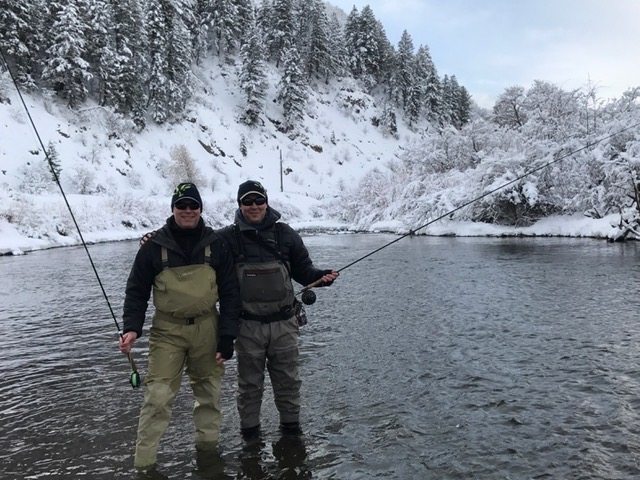
Ibex VP of sales Scott Parr and Ibex CEO Ted Manning fishing on the Lower Provo River in Utah.
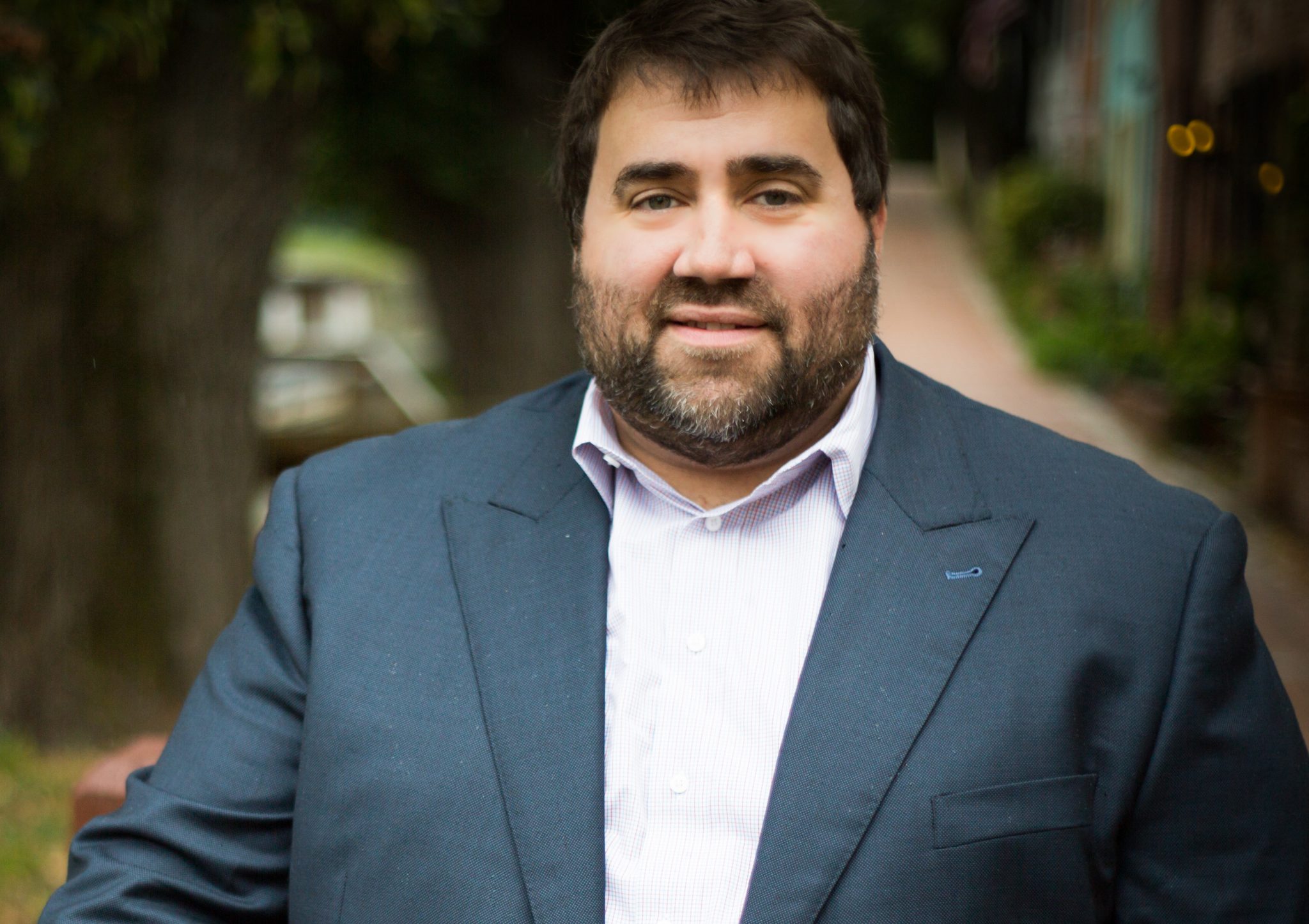
“I’ve always believed in the power of the individual – corporations are made up of individuals just like you and me. Just as I strive to be the best dad I can be so that my little girls have a strong male role model, I believe my business, CleanChoice Energy, must strive to be not only profitable but to be good.
Companies represent the collective actions of millions, and those actions have weight.
At the end of the day, companies — and the men and women who run them — have enormous power in shaping the world we all live in. I believe in using that power for good”
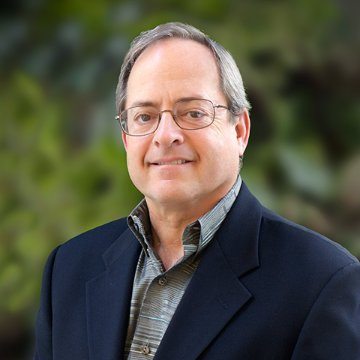
“We are facing a political climate that is changing and unpredictable. We cannot count on government to fight climate change, build the new economy, or support social justice. As business leaders, it is therefore crucial that we articulate, invest in, and double-down on the new economy, an economy that operates in service to people and the planet rather than at their expense.
We must challenge the outdated thinking of those who believe that business activities that are merely ‘legal,’ regardless of the negative impacts on the planet or society, are acceptable. At New Resource Bank, we believe that all businesses can and should be a force for good, putting community and the environment at the forefront of every business decision.
New Resource Bank’s mission and triple-bottom-line model underscore that finance can serve as a force for good. As a mediator of capital, we are working to redirect its flow to businesses and organizations that are committed to building a better, more sustainable world where values and action align.
As business leaders, we must support policy and advocate for change at the government level so that all businesses consider their impact on society and the environment.
Businesses must shift from a focus on raw capitalism, where money and power rule, to conscious capitalism, where the community, environment, and society as a whole are put first. Both the evaluation and valuation of a business must reflect the triple bottom line of people, planet and prosperity.”




